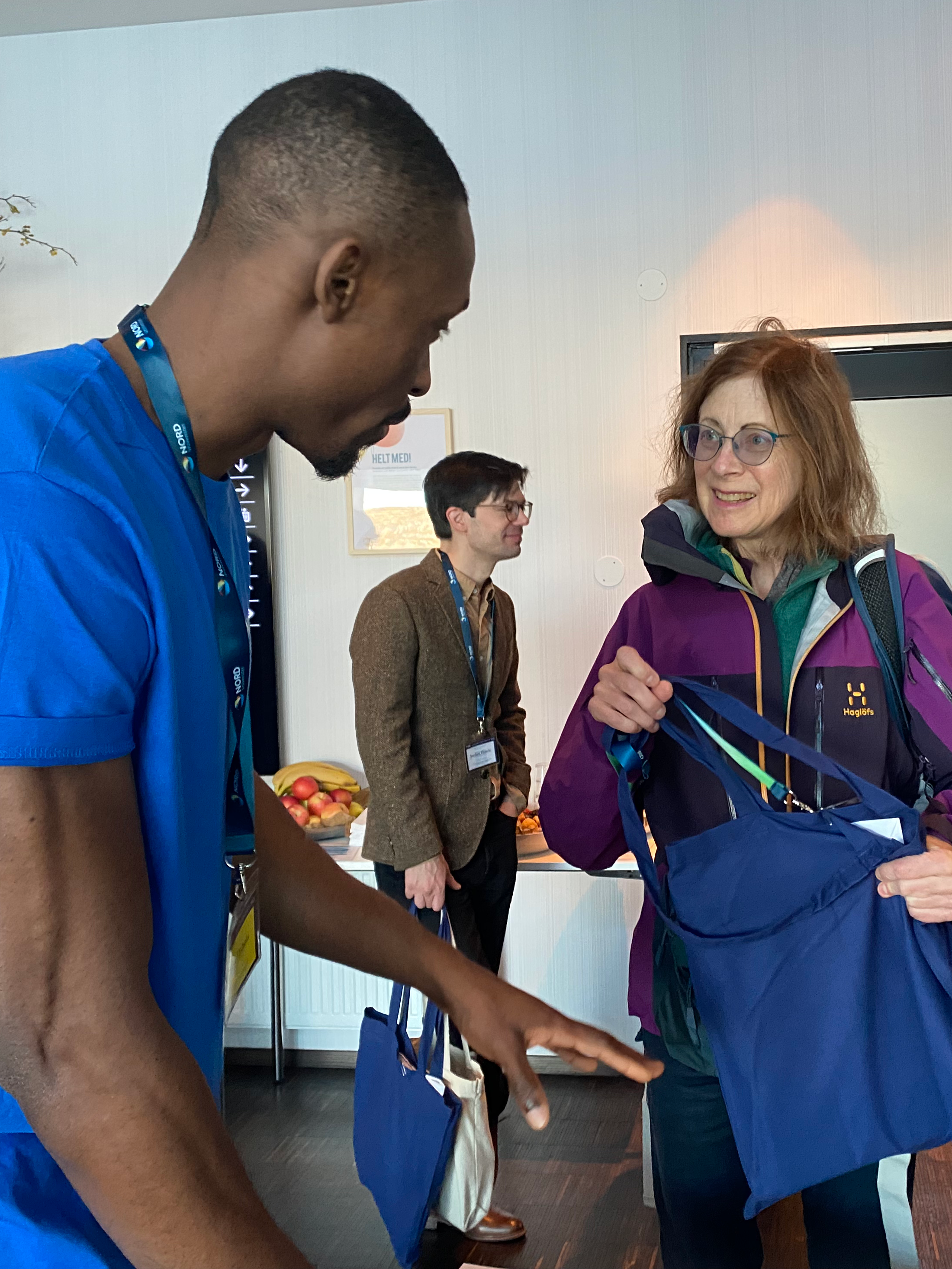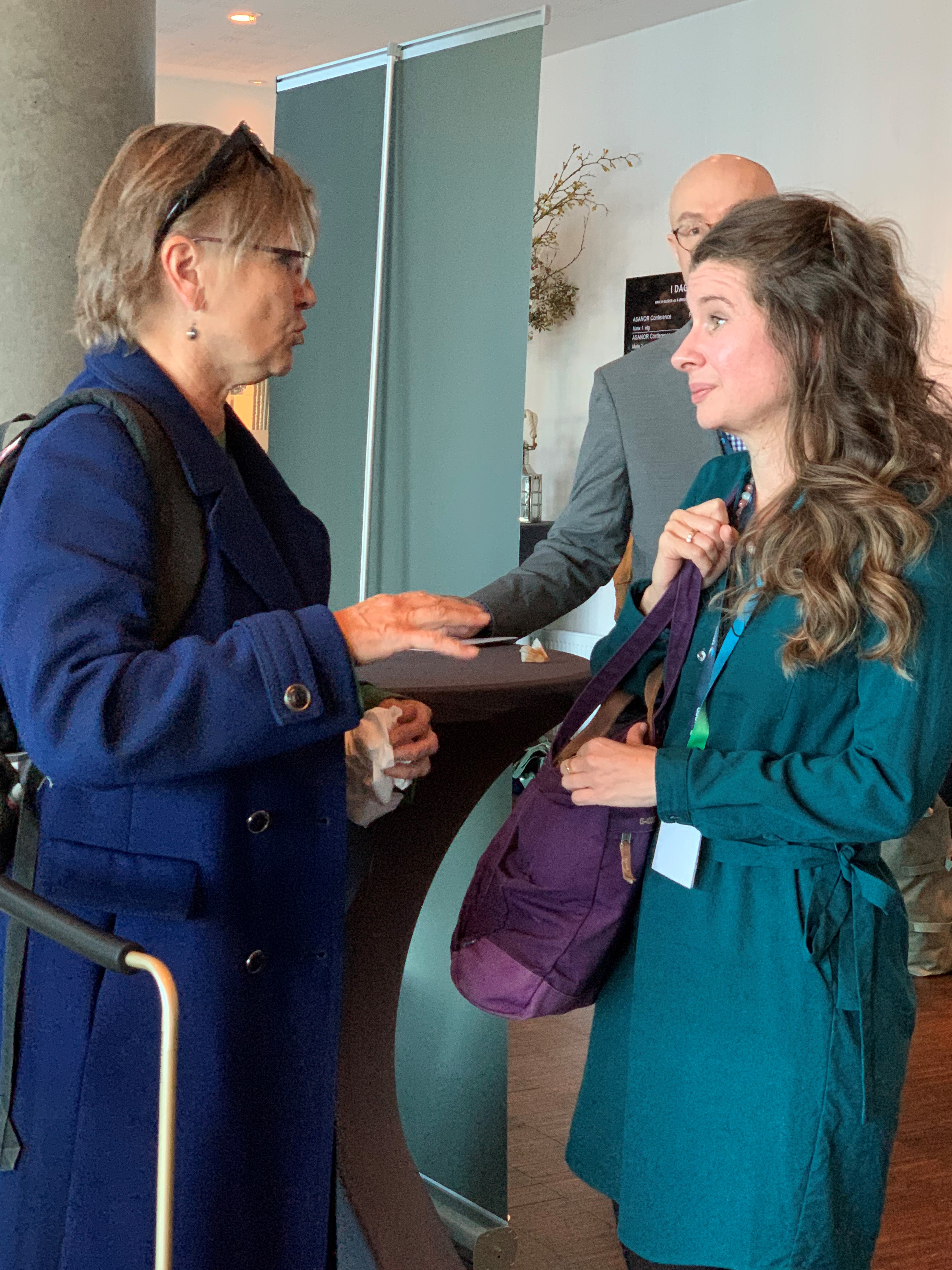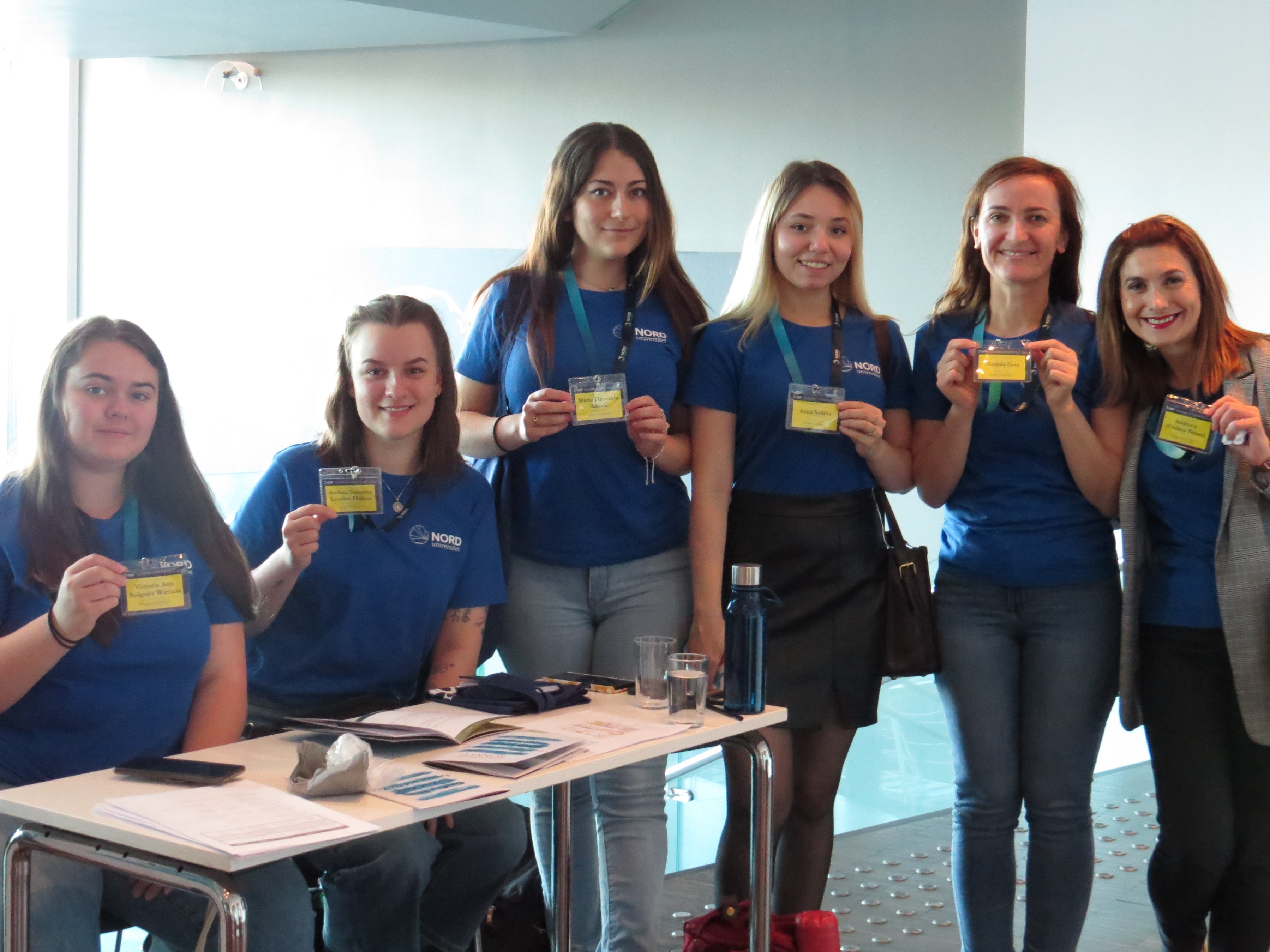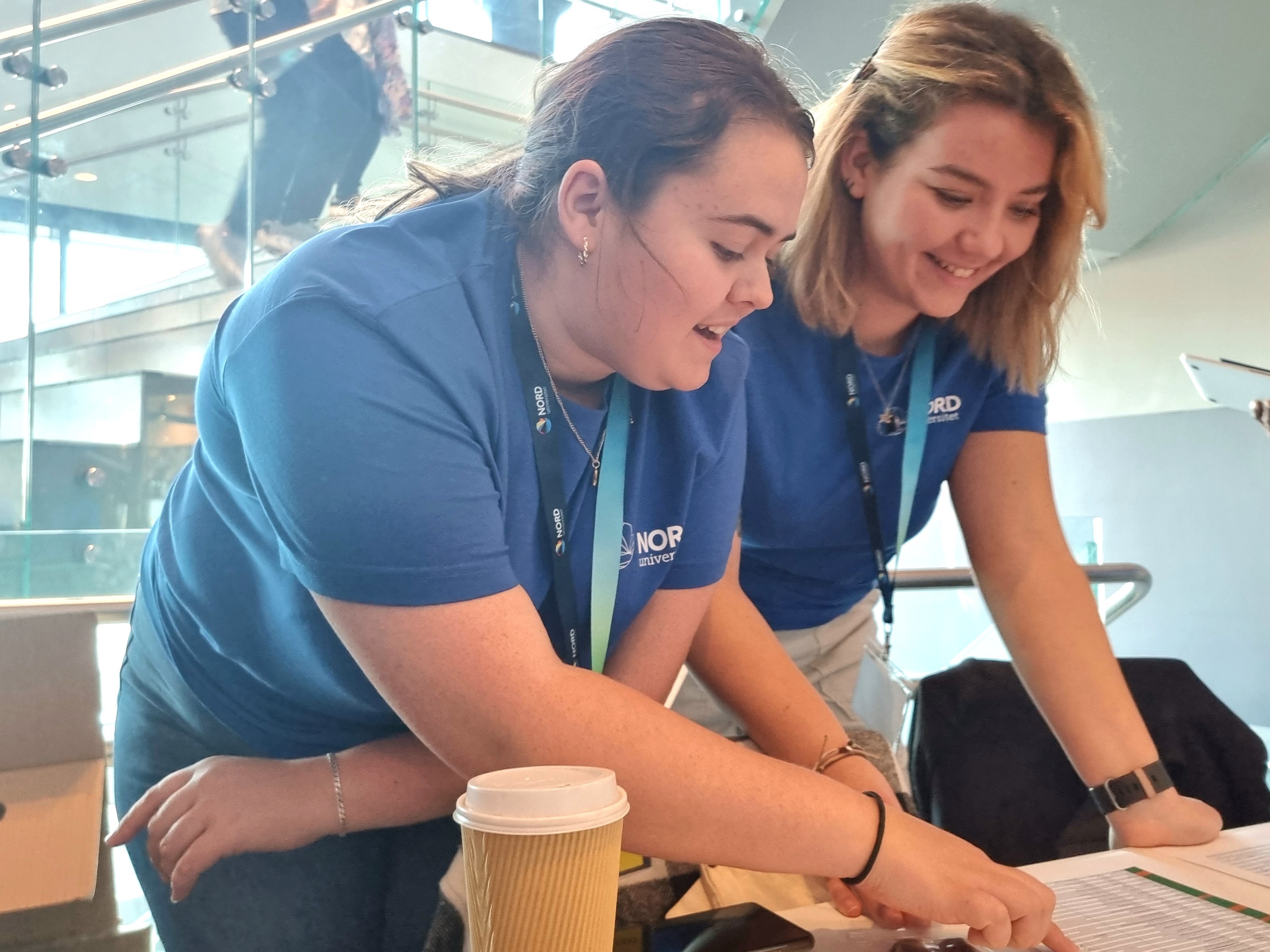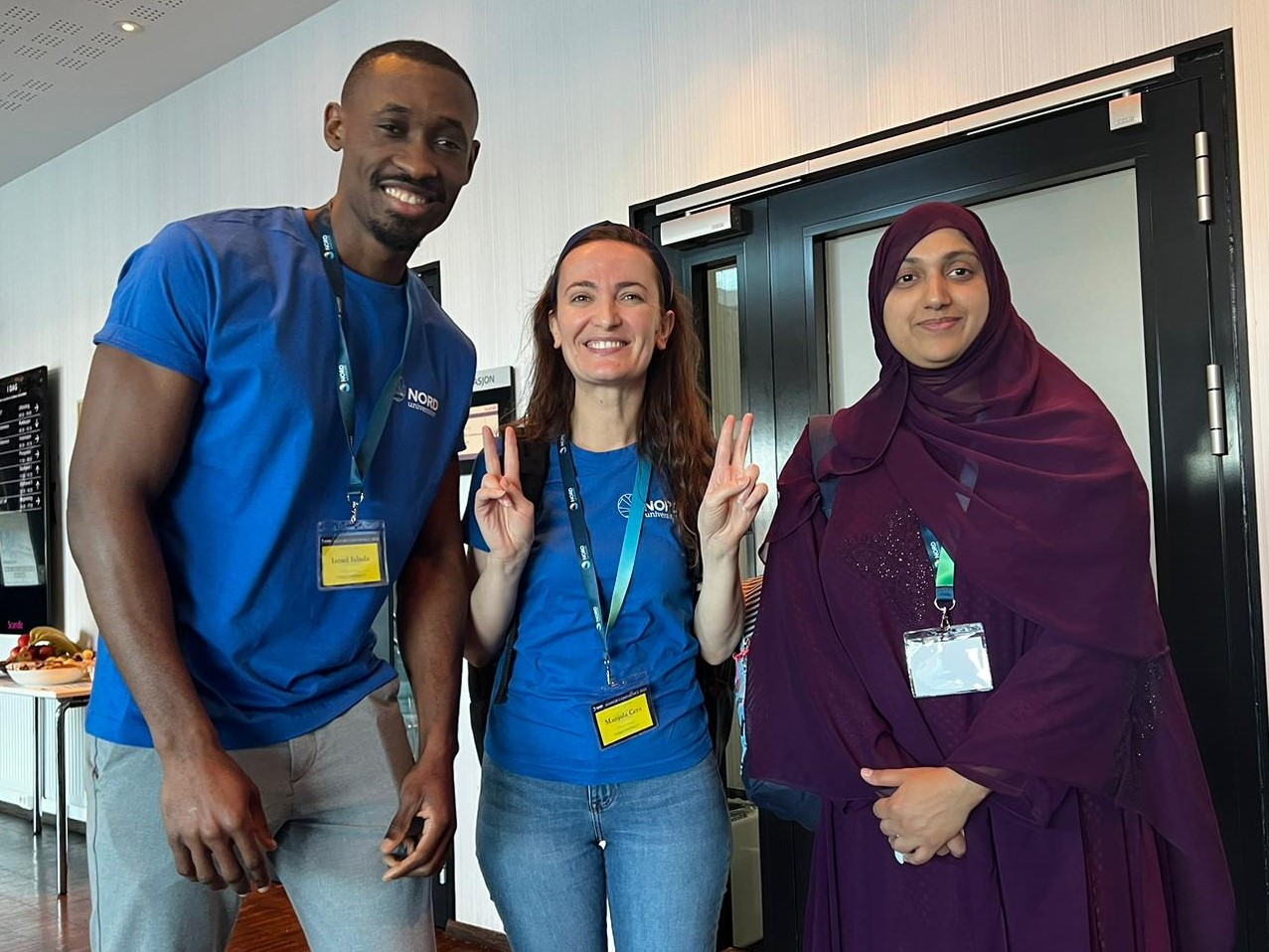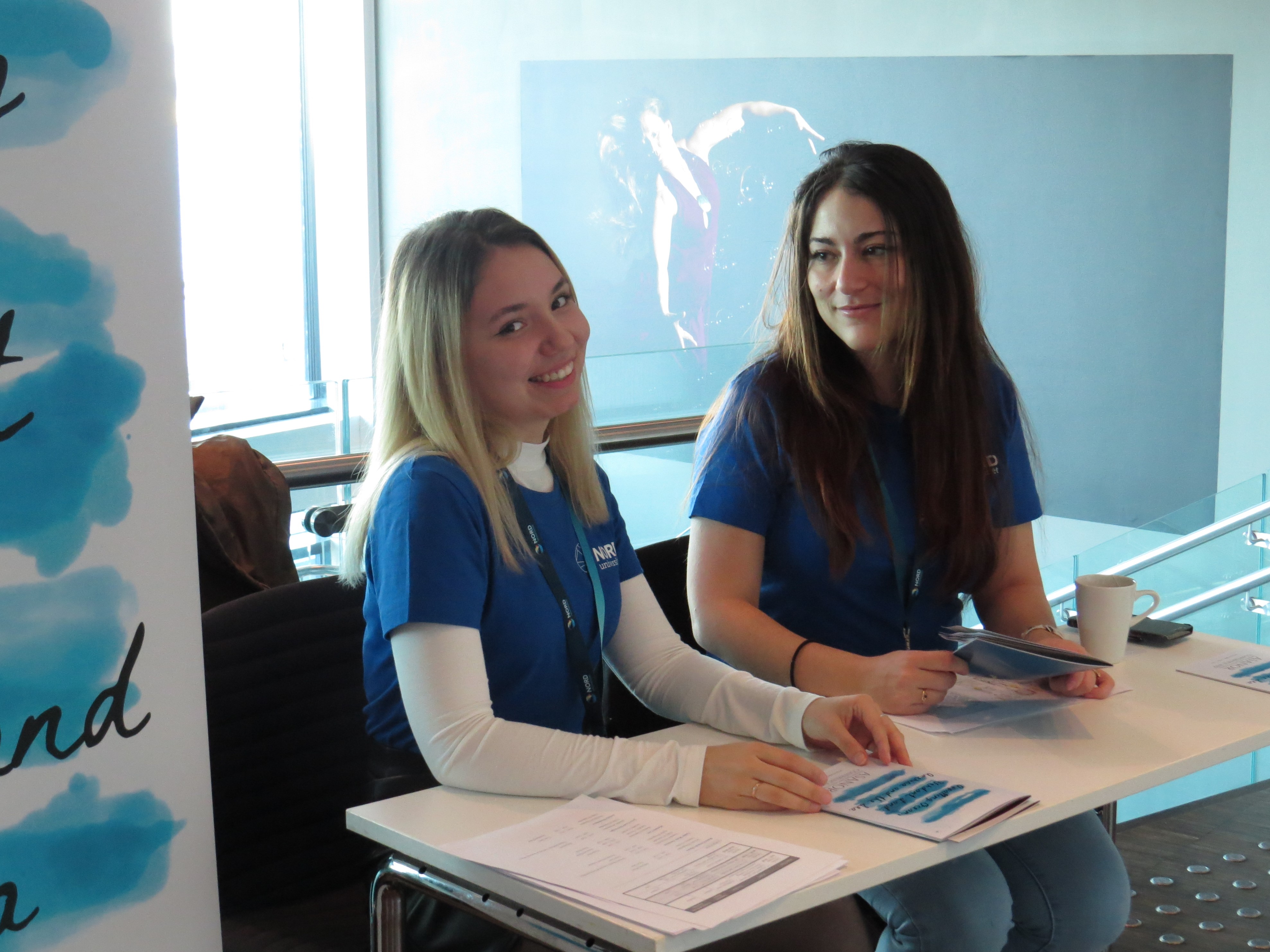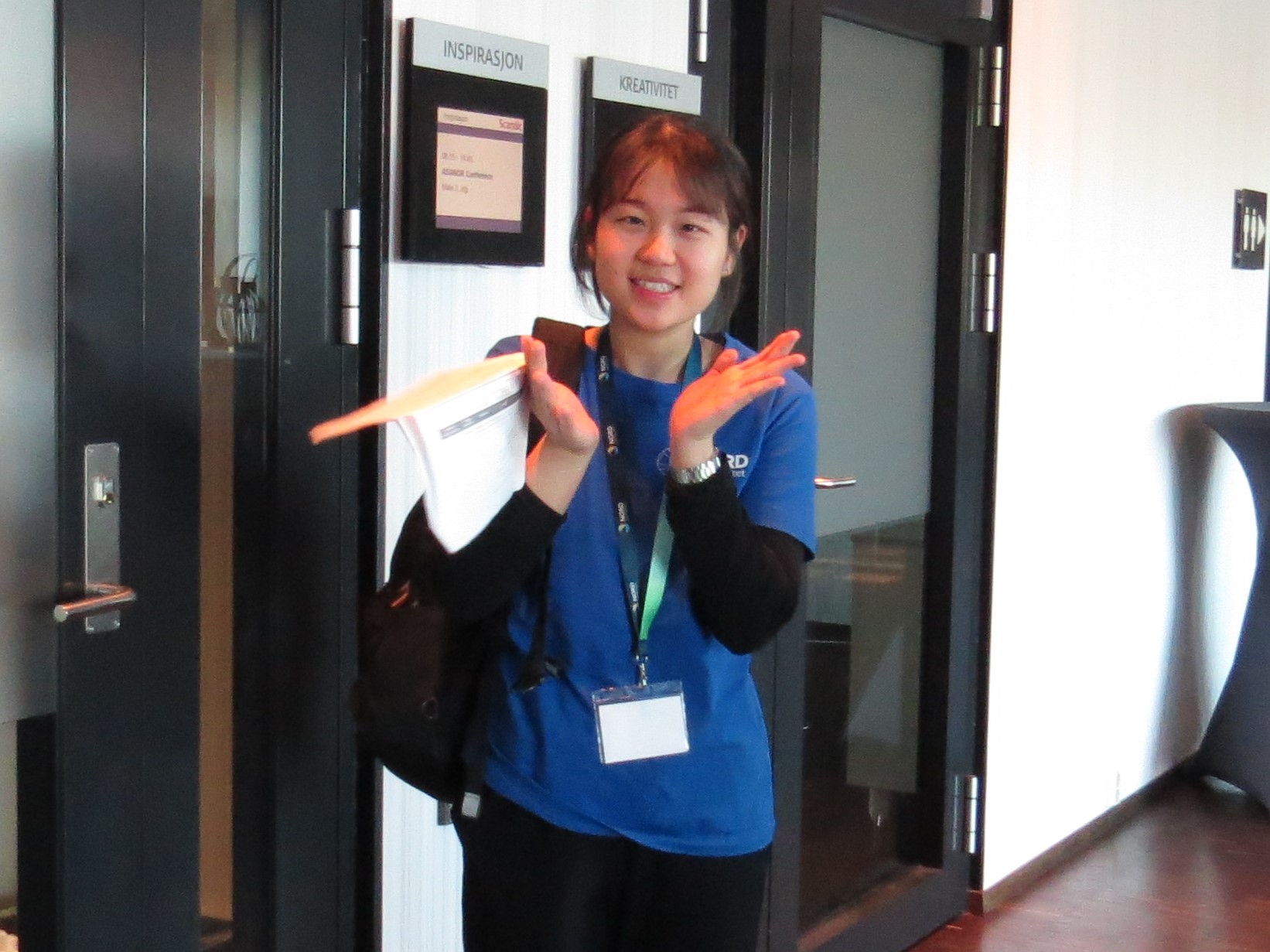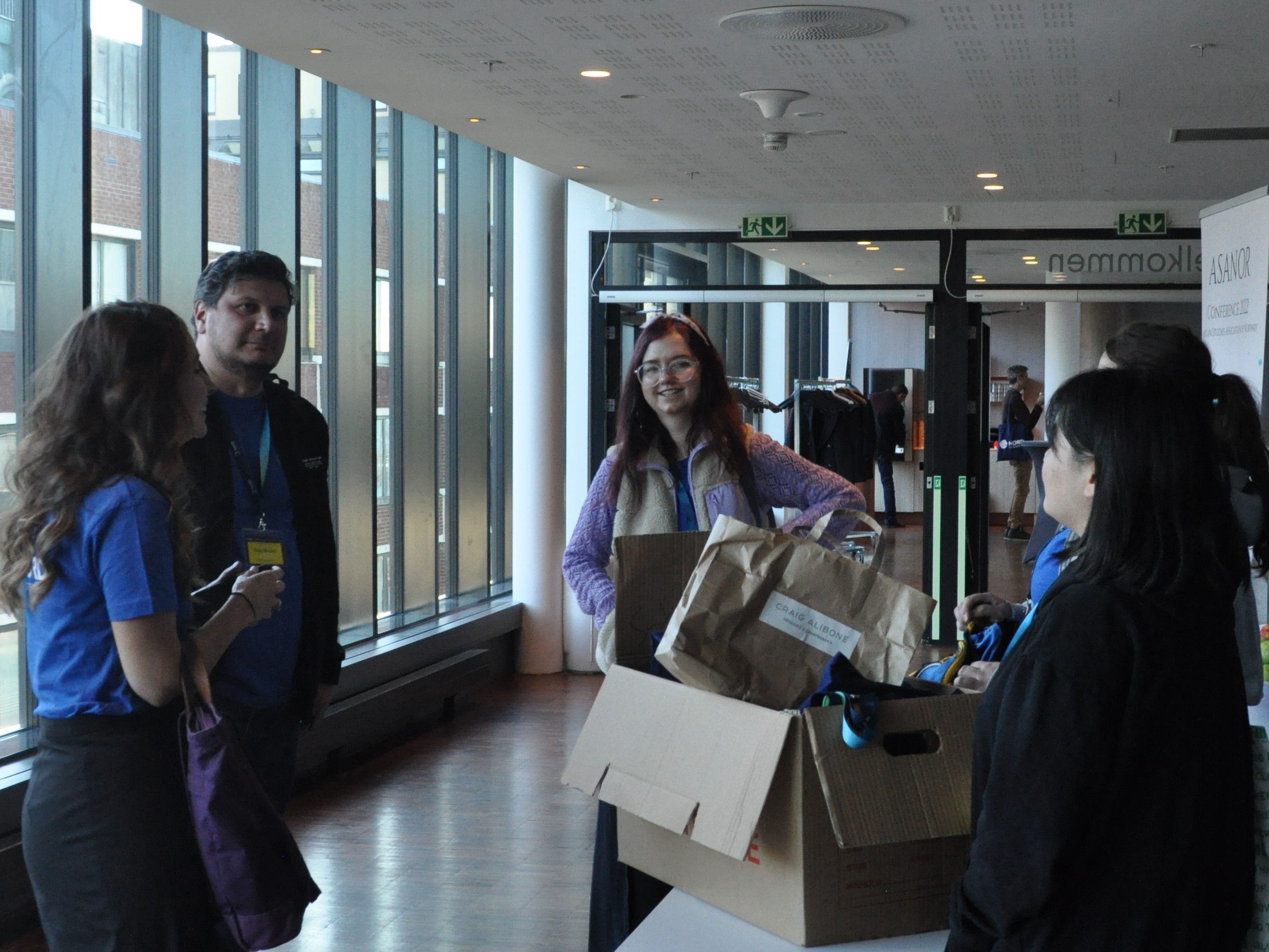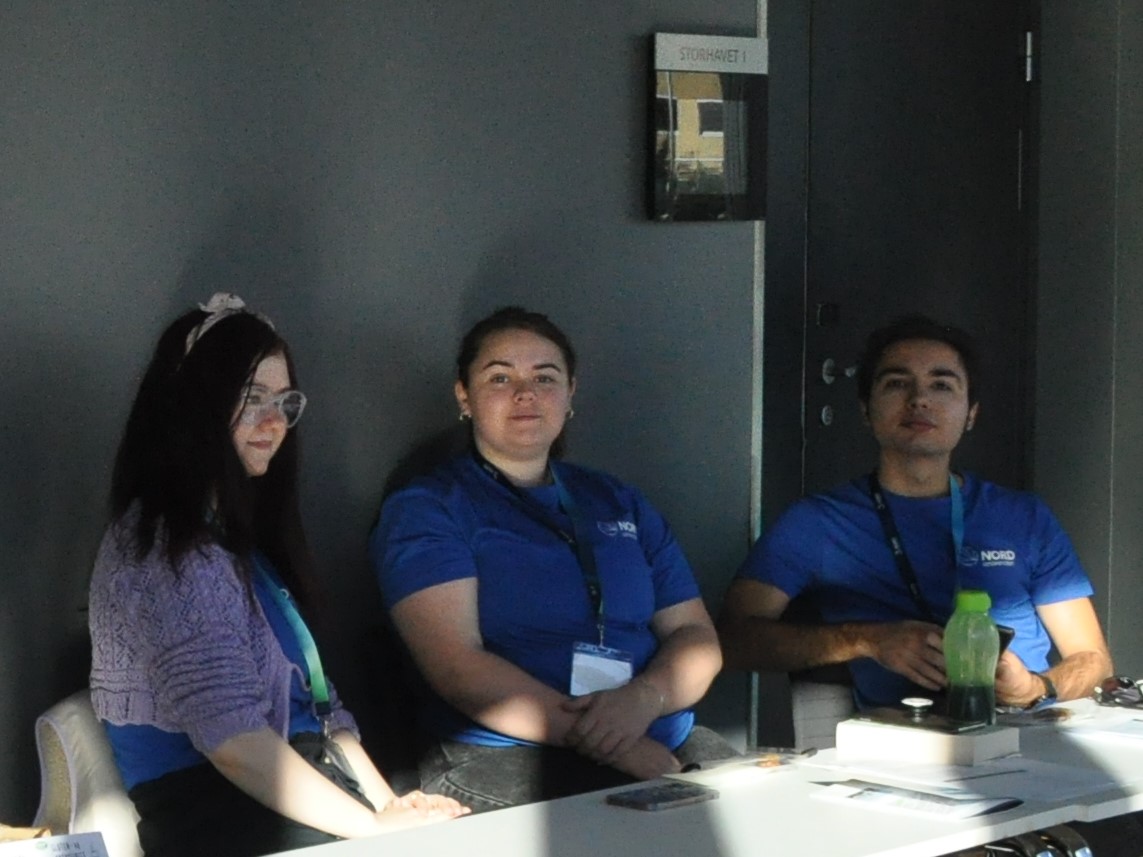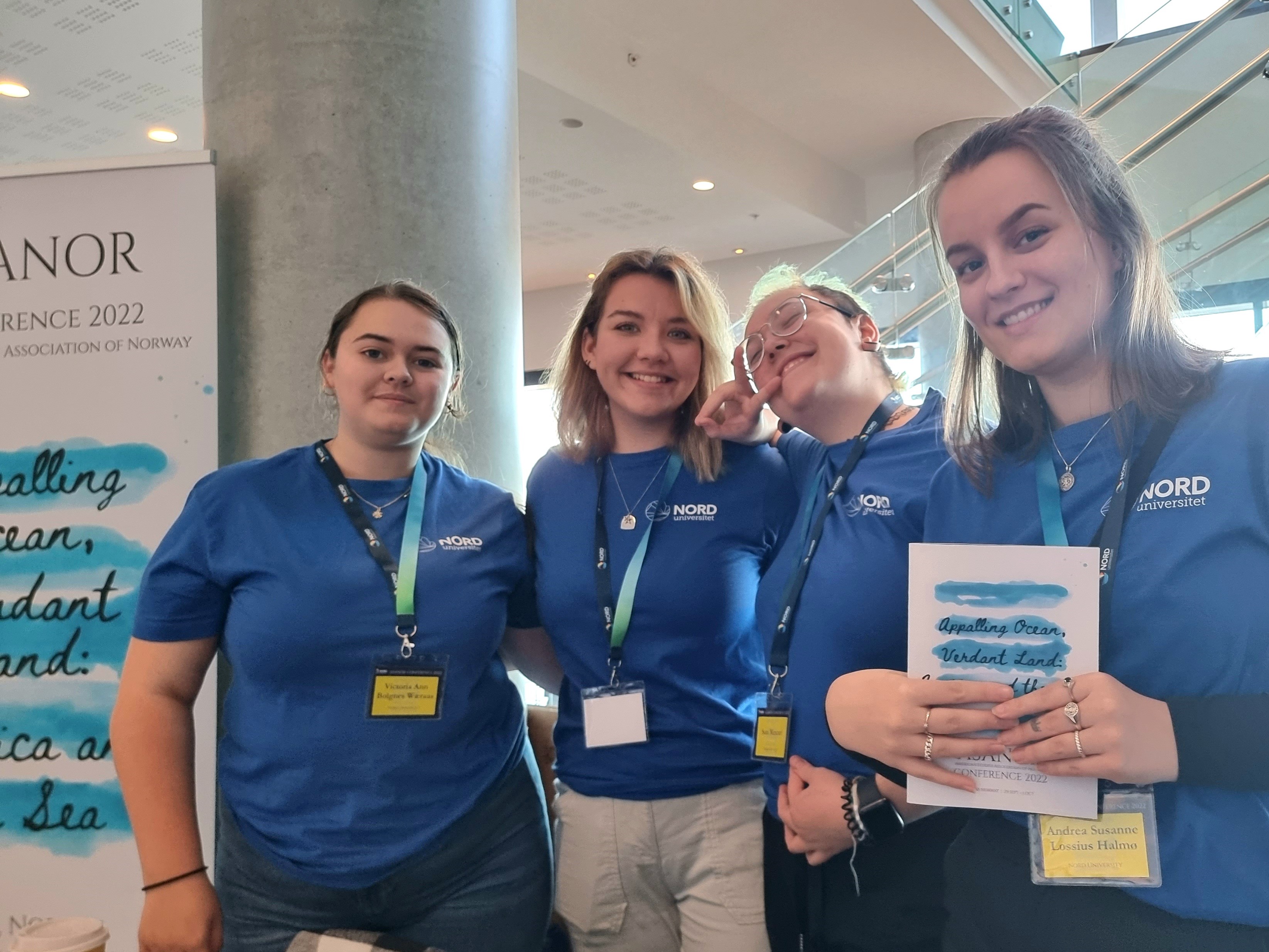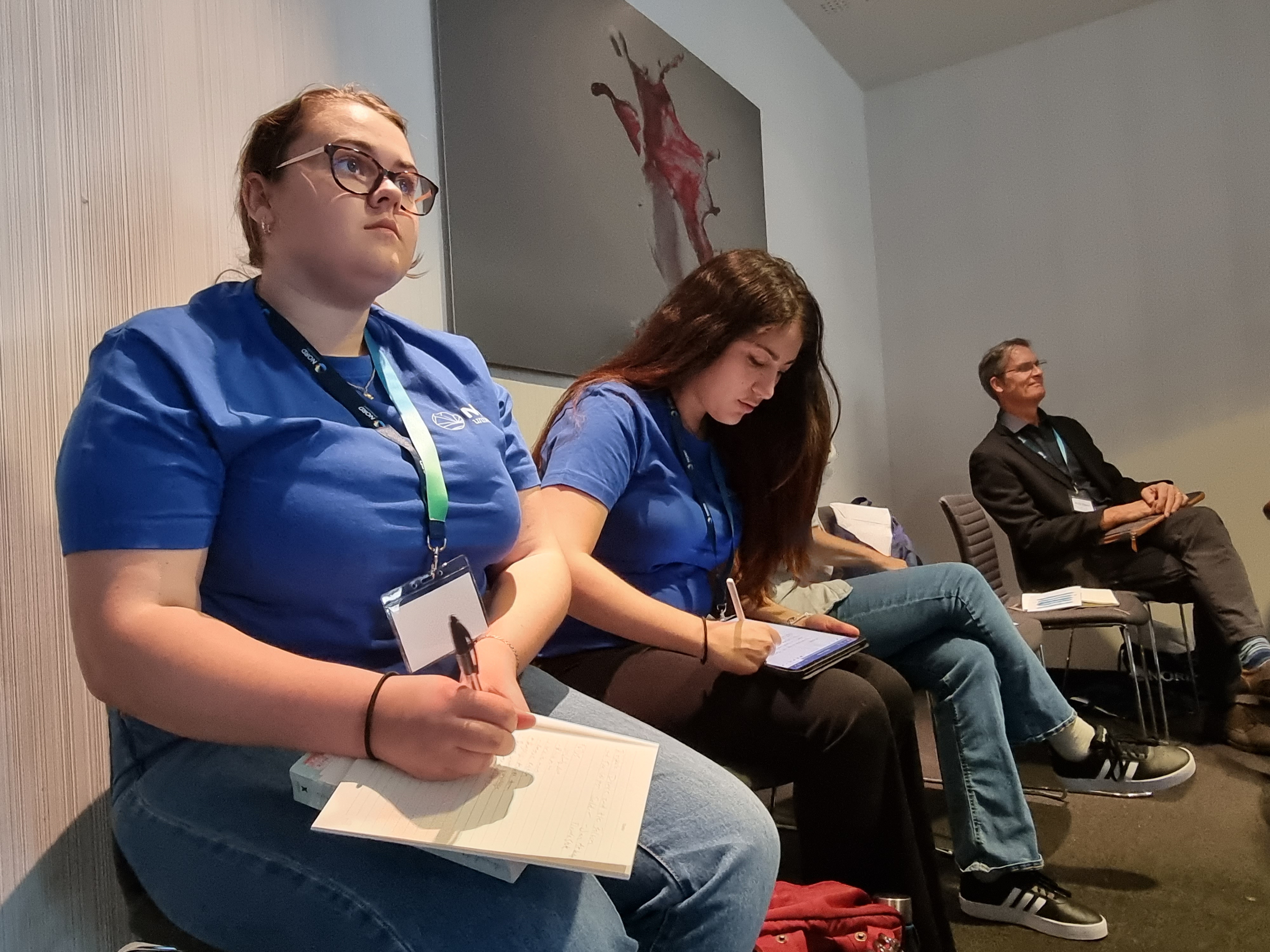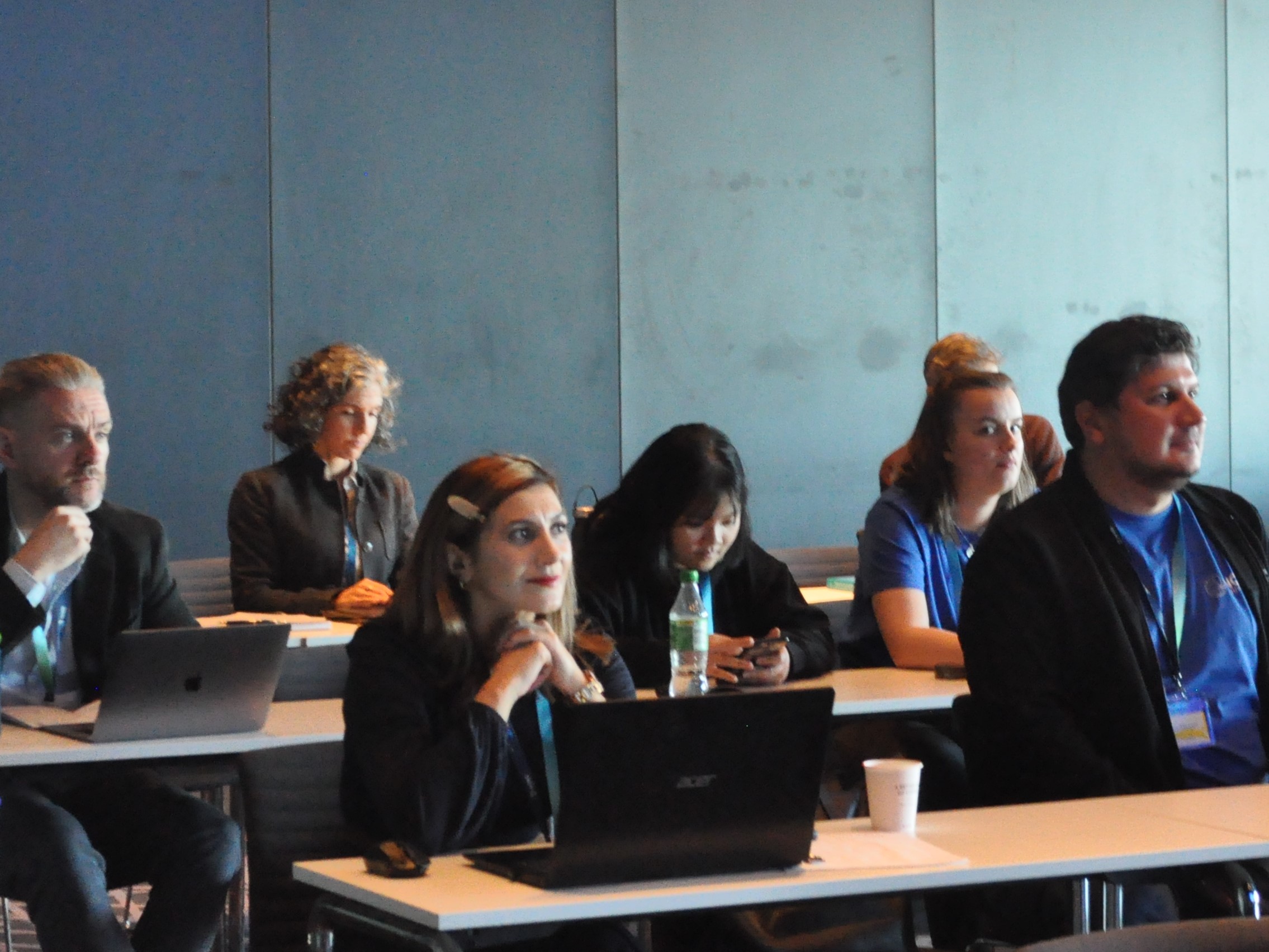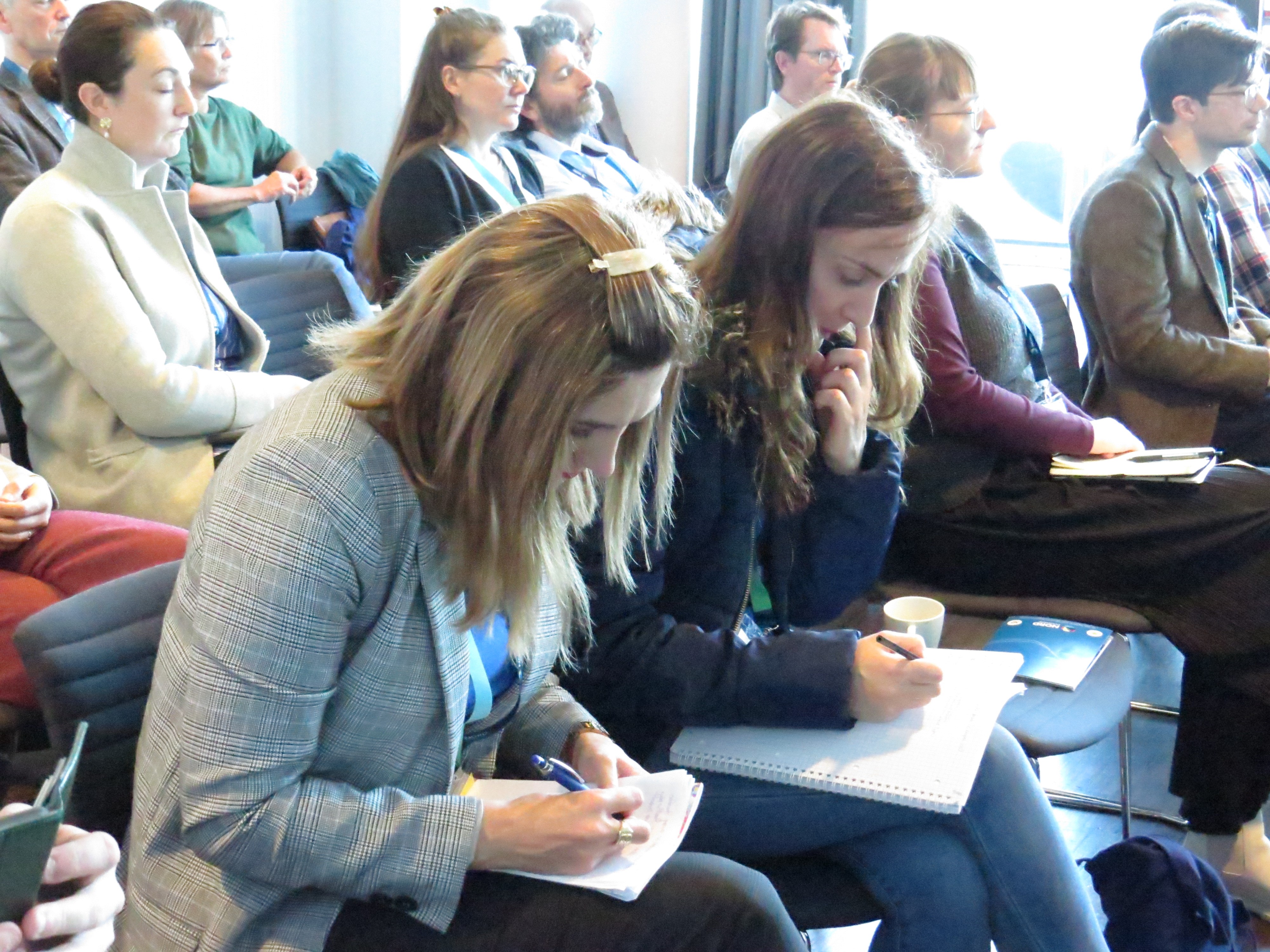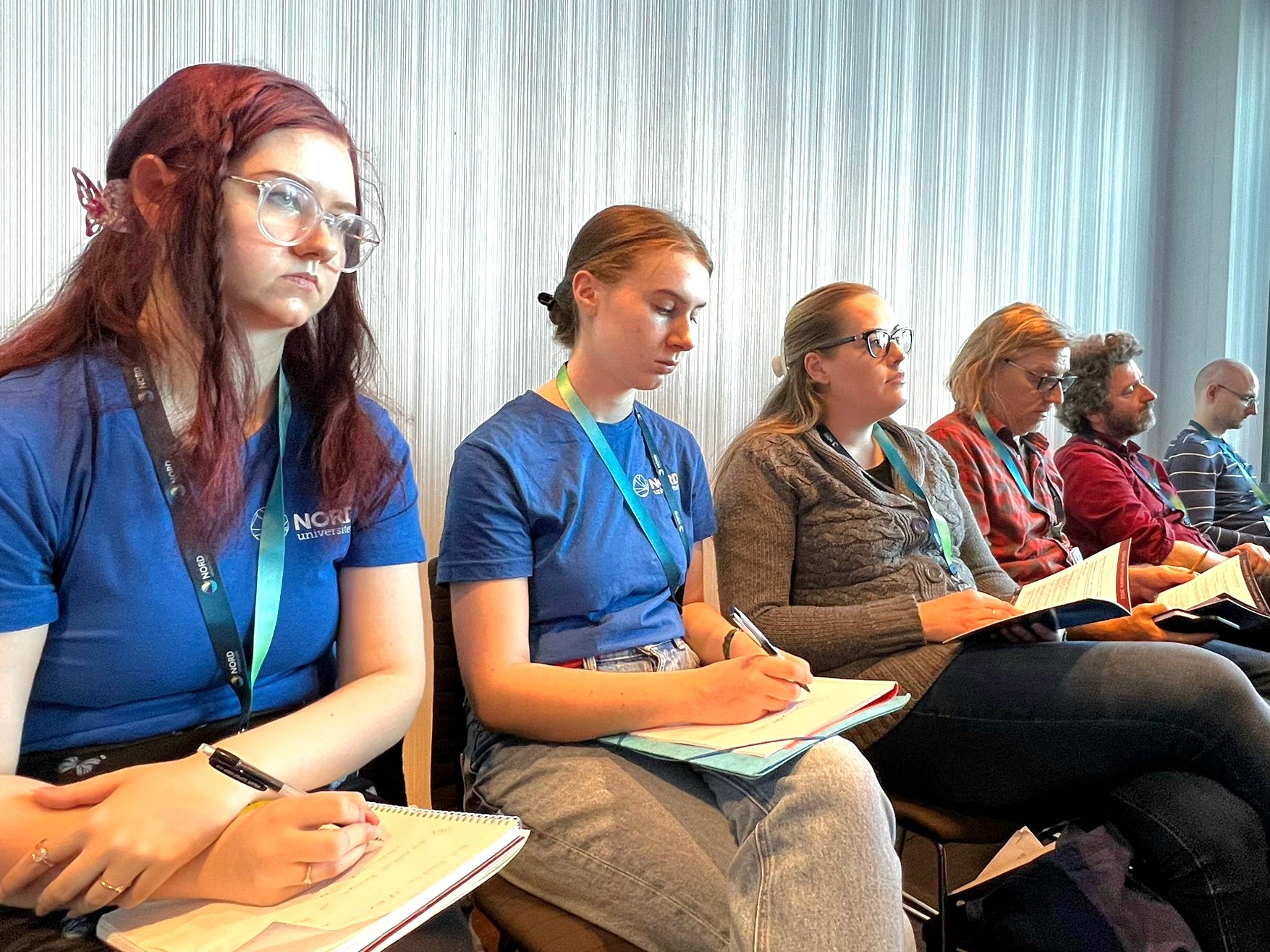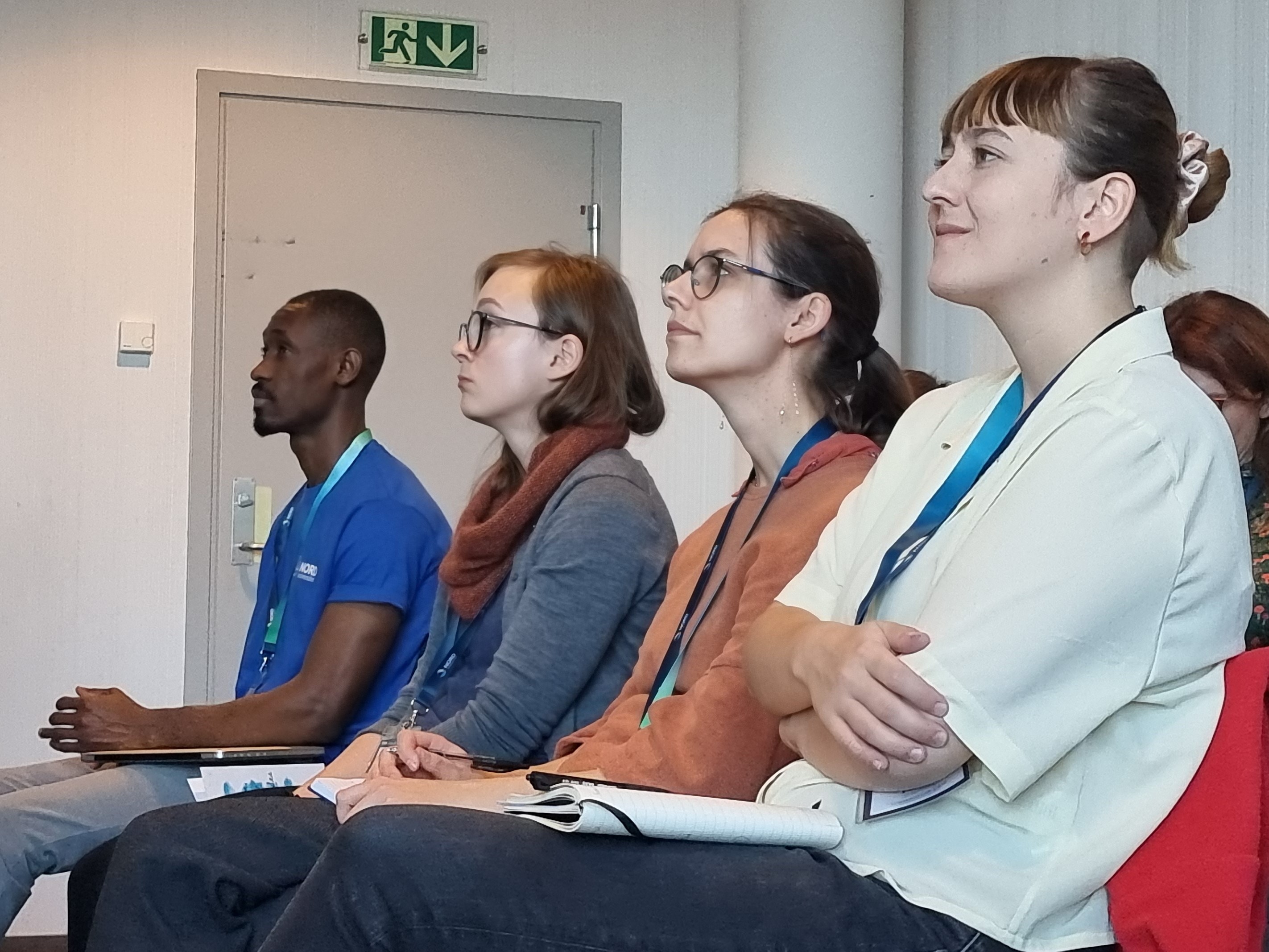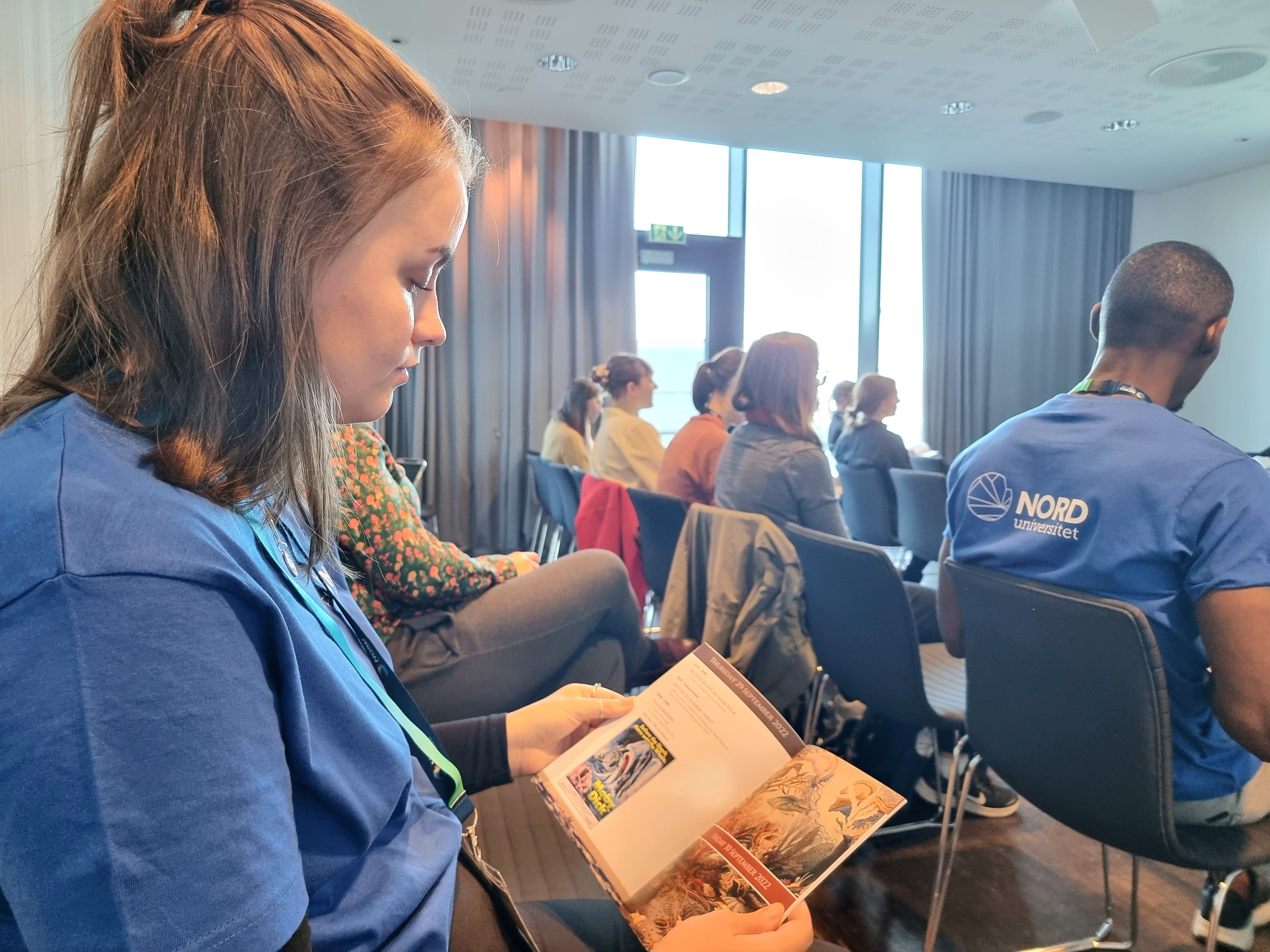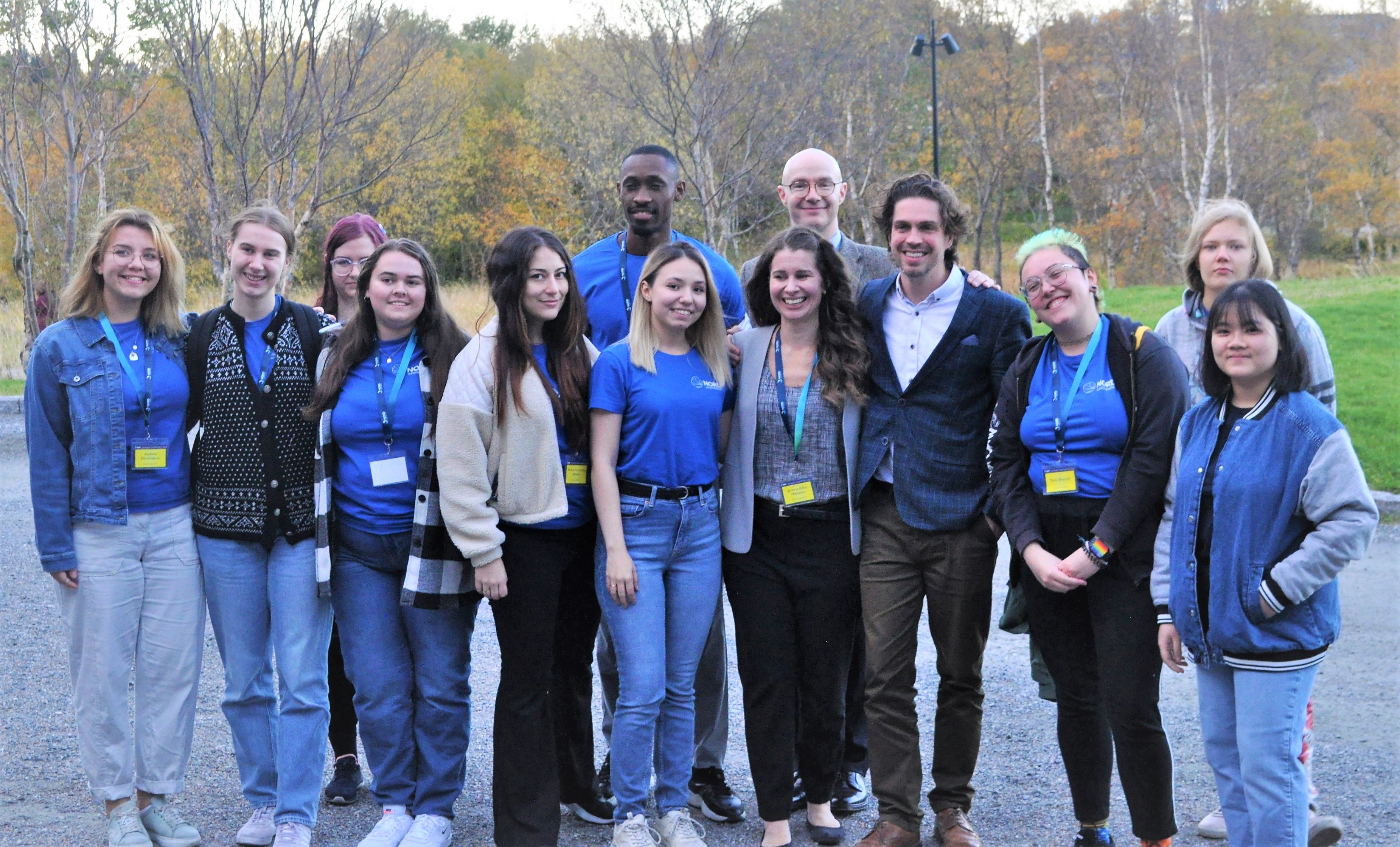
In week 39, Nord University hosted the American Studies Association of Norway’s biennial conference. The event attracted over 75 participants from around the world to engage in scholarly discussions and research presentations concerning this year’s theme: American and the Sea.
Amid the scholars and experts, Bachelor of English students played a special role in the conference’s organization; 18 BAENG students served as assistants throughout the conference, contributing with pre-conference preparations, advising participants, helping with technical and practical issues, and taking photographs of the conference proceedings.
According to ASANOR president Professor Lene Johannessen (University of Bergen, Norway),
“the students performed their roles as hosts and helpers to the utmost, and provided conference participants with what assistance was needed throughout.”
ASANOR board member Professor Laura Castor (University of Tromsø, Norway) was similarly impressed, adding:
“to mobilize the students in such creative and constructive ways added to the conference greatly and will benefit their learning.”
Of course, students did more than just serve a support function during the conference. They had recently read the great American maritime novel Moby-Dick as part of their coursework, and they were excited to engage with scholars who were researching some of its themes and contexts.
Students were invited to attend panels of their choice, as well as to interview panelists—asking about their research interests and backgrounds, as well as for advice on continuing their own studies of English. It was hard work, and students were rewarded with an unforgettable night at the movies (sponsored by the Bodø Film Club and FLU’s international committee) to watch the 1956 production of Melville’s epic novel at the historic Fram Kino.
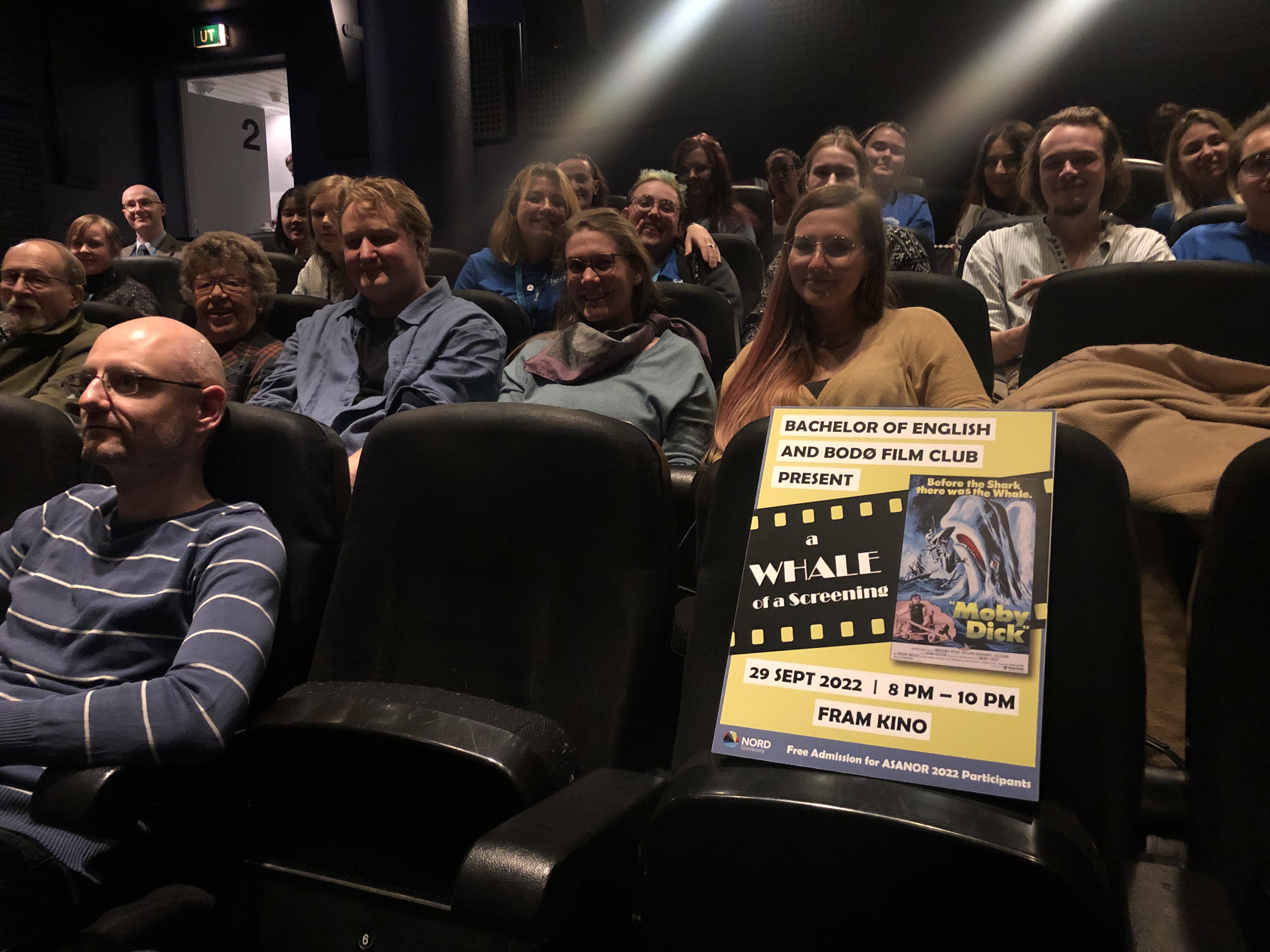
“It is important that English students have the chance to experience the professional side of academic life,” explains Prof. Jessica Allen Hanssen, pedagogical coordinator for ASANOR 2022. She continues, “It was great for them to work closely with the event manager and the co-organizers, and to see first-hand how many moving parts are involved in an academic conference. I see their assistance with ASANOR as a step towards many career possibilities, both inside and outside academia.”
Reflecting on his role as a student mentor and conference co-organizer, Dr. Andrew McKendry emphasizes the reciprocal value of academic inclusion: “as academics, we are often trained to prioritize our publications and dissemination, but it won’t mean much if we fail to include and to welcome the next generation of researchers. That is why it’s essential that students can experience, participate in, and even enjoy the greater academic world beyond the classroom — a world that can be (we sometimes forget) intimidating and mystifying. Mentoring students during their first forays into this world has been rewarding, as well as a good reminder of how much there is to learn no matter our position in the academy.”
According to BAENG’s Eureka student representative Andjela Dmitrijevic, “Organizing this conference was obviously not easy, and our role as students was just a tiny part of it, but we could not sense any stress or nervousness. The positive energy and joy were all over the place, which made this experience very special to me, and it definitely awakened more questions I will have in mind regarding my future.”
Please click the names below to read the student-led interviews and see the photos of selected panelists.
Interview with Jen Atkins (Florida State University, USA)
By: Maria Fernanda Allasia
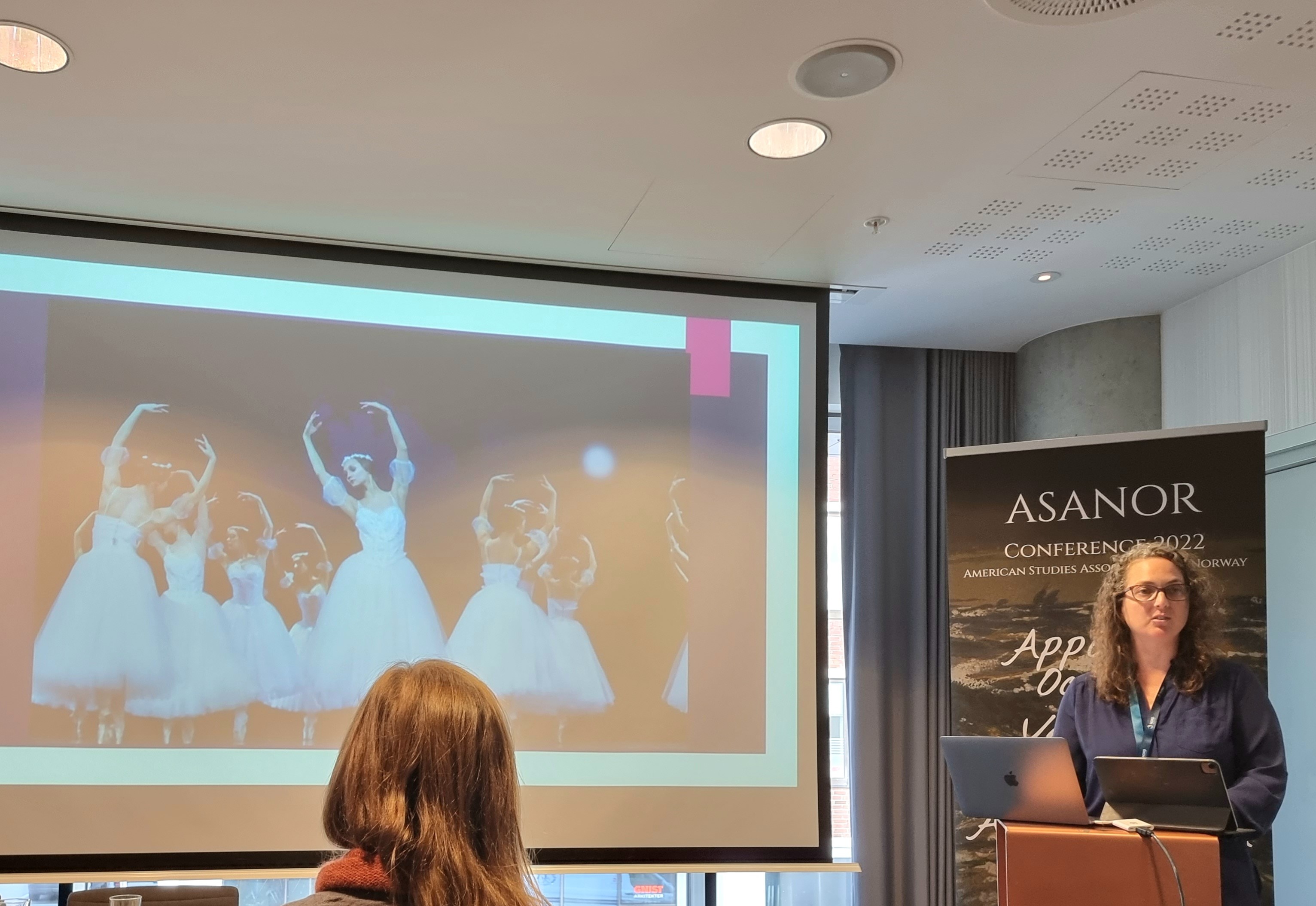
1) What inspired you to become a professional in your field?
“When I graduated from college I knew I wanted to work with dance but I didn’t want to be a dancer, so I thought I was going to be a choreographer. I went to Florida State University to audition to be a choreographer. I met this professor who was starting a new master’s program in American Dance Studies, and I ended getting an MA in it. It was so amazing that I ended up getting a PhD in History. So, I continued working so closely with those professors which blossomed into professional relationships, and we have been working together now for 25 years. We have made books together, we have designed curriculums together, we taught students together. It’s hopefully a relationship that has started to change how the field thinks about dance and American Identities. I think my teachers have inspired me, speaking professionally.”
2) What inspired you to write the paper you presented?
“The great thing about dance is that even you and I standing here talking, we are showing visibly where we come from and who we are. So I love popular culture because it does that very concretely, very clearly. Marvel has been tackling very important issues in America, such as feminism, grief, intersectionality, and capitalism. In ‘Falcon and the Winter Soldier’ they are tackling the idea of how we treat each other according to race. And for that series they are asking not only black, but also white audiences – everyone – to really consider how we are treating each other as an ongoing historical question. What’s interesting to me is that we can look at that as a part of the plot, but when we see the superheroes fight we really understand who they are and what they are doing. When we combine what’s going on in America now as a longer trajectory and persistent debate, I look at it and I see something that is really engaging, like a superhero fight. We put those things together: how can we not tackle that? How can we not engage or grapple with that? Because it’s a way of showing that there is a seriousness in what we spend out free time doing, the entertainment that we love. There is a deeper meaning in how we’re engaging with culture.”
3) What advice do you have for a student getting ready for further studies in English?
“Trust that you have a lot of expertise. That you have knowledge inside of yourself that will be really useful in understanding how to think through studying English. There are connections all around you that you are already making. Anything you study is hard work, but if you find ways that you meet that hard work and you make it interesting for yourself, it is really rewarding. So it is ok to find research that is exciting for you, and if you invest in exciting ideas you learn so much. But that learning is already in you too. You bring so much to learning English, you have expertise of your own, you’re not passively learning.”
(Fernanda: “It’s amazing that you can connect English and dancing.”)
“Thinking about that, in your life there are aspects that are important to you, and you can think what are the connections between that and English: the parts of you that intersect with English.”
Interview with Nina De Bettin Padolin (University of Graz, Austria)
By: Israel Ishola and Emilie Marie Antonsen
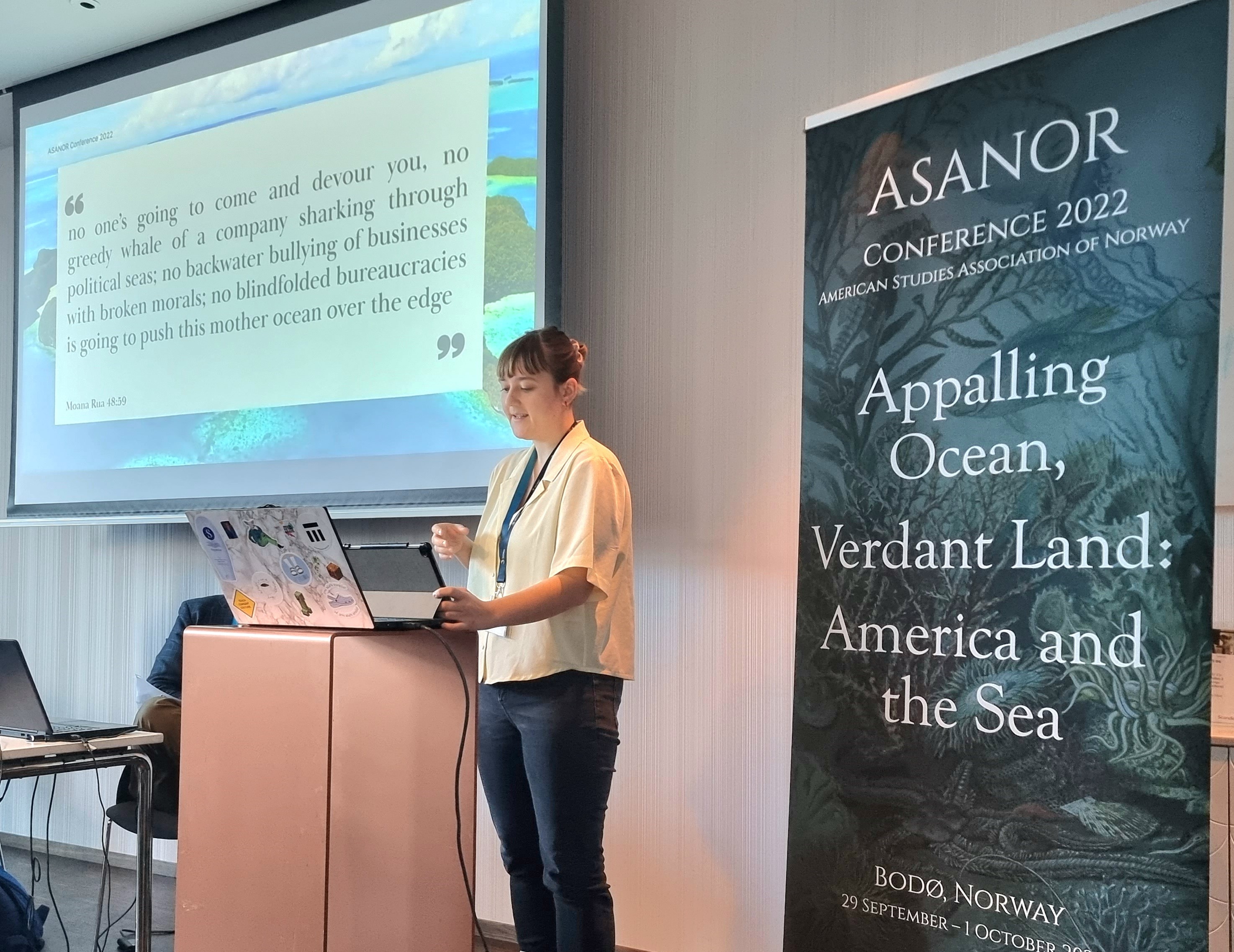
1) What inspired you to become a professional in your field?
“Well, it’s a bit of a tricky question as I don’t consider myself a professional, but I have always been really excited about literature. Especially learning about how various things are interconnected, with things such as social justice and environmental violence especially, and how everything is so intricately entwined. That is what sparked my Ph.D. project.”
2) What inspired you to write the paper you presented?
“I saw the performance [of Moana Rua] about a year ago online and I was so amazed by the many techniques the performance uses to bring about the various epistemologies in the islands of the Pacific Ocean. I found it very interesting, and I am very blessed to be able to write about something I find interesting.”
3) What advice do you have for a student getting ready for further studies in English?
“The thing that has helped me the most is to research or study what you find the most interesting. At the B.A. level that is usually not the case as you have to study everything, but with your Master’s, and especially with your thesis, do what you feel drawn to yourself!”
Interview with Cassandra Falke (University of Tromsø, Norway)
By: Manjola Cera
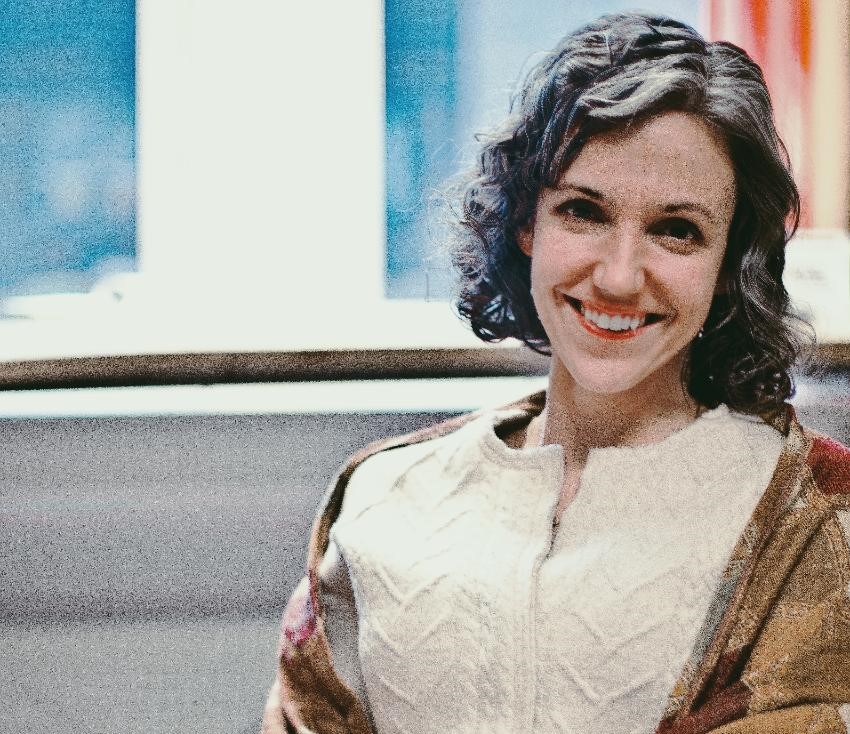
1) What inspired you to become a professional in your field?
“It all started when I was a third-year BA student. It was my professor who beheld my teaching abilities while I was myself an exchange student at a university away from my home state. One day my professor pulled me aside after class and informed me that he had to be away during the class for the next two weeks, and he asked if I would mind teaching on his behalf. Neither of my parents had a university degree, I had never thought of becoming a professor and never saw teaching as a possible career. By that time, I had already a few jobs in hospitality, and I used to work five nights a week as a waitress for the first two years of my BA. While on exchange I worked in the university outdoor center. Having learned to support myself, I wasn´t worried about studying for a career. I studied English because I loved it, and I thought it would help me in my future career. Those two weeks in the teaching profession helped me to recognize my capacity to clearly and passionately present literary material and incorporate others’ ideas in discussion. I am too critical when it comes to watching myself in the video after having presented a research paper. However, as for anyone else, those moments are a breakthrough moment in my life. I completed my MA right after my BA and got my first teaching job in higher education at 23 years old. I started my Ph.D. in England two and a half years later, but I had to stop it after one year due to some engagement in teaching, but this time full-time. Even though teaching will always be my first love in the profession, my career is divided now between research and teaching with a ratio of 50% to 50%, respectively.”
2) What inspired you to write the paper you presented?
“After I received the call for papers for ASANOR 2022, I began looking for recent work on human rights about the law of the sea, and I found a book by Itamar Mann that was useful to me to write my paper about Humanity at Sea. Mann helped me to write about refugee fiction from a whole new perspective. This is a significant moment for refugee fiction, and I think it is the moment we should promote this new theory of literature. The statistic I shared at the beginning of my presentation should encourage us to a solution to lessen the inequality and violence that pushes people to flee their homes and consider how those of us who are protected under the logo of human rights can defend that protection for stateless people. I am delighted that the conference call for papers led me to seek research about the law of the sea. Mann’s work has changed the theoretical grounding of Global Human Rights Fiction significantly. The latter is a book that I am working on right now.”
3) What advice do you have for a student getting ready for further studies in English?
“Do it because you love it. I was inspired that the students at Nord University are doing that already. You will have years and years to pursue a career, but work will never be more than one part of who you are and how you spend your life. Amid an educational system that increasingly asks students to see themselves in terms of their future profession, remember that you will always be more than that. Study because asking questions is what human brains are made to do; because asking big questions will make you a better person, a better citizen, a better partner, parent, friend, or neighbor. It will give you a hundred other life perspectives to look through instead of just your own. If you have that kind of motivation, then you realize that learning does not have to stop with graduation.”
Interview with Peter Ferry (University of Stavanger, Norway)
By: Komal Khadija
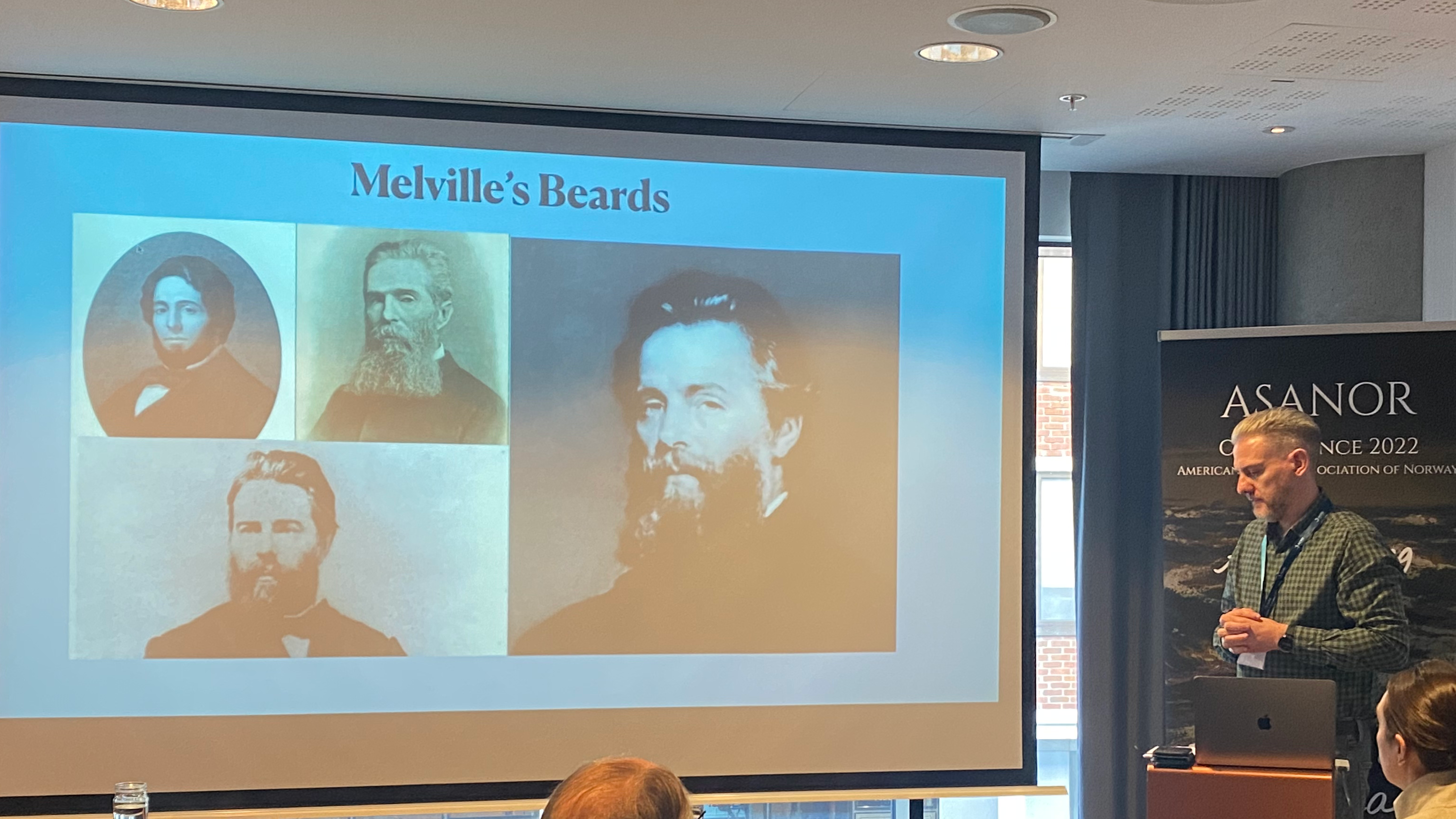
1) What inspired you to become a professional in your field?
“The professors I had throughout my bachelor and MA studies inspired me to pursue my academic career. Their encouragement and support - simply in terms of taking an interest in my studies and offering a kind word here and there - showed me that I could be a writer, researcher, and teacher at the university level.”
2) What inspired you to write the paper you presented?
“I have been working on beards in American Literature for a few years now. In 2020 I published Beards and Masculinity in American Literature with Routledge but I only had a small section of the book dedicated to Herman Melville. So, I wanted to remedy that by focusing more on beards in Melville’s writing this year. The ASANOR conference, therefore, came at an ideal time as it gave me the framework to look at beards in Melville’s narratives of maritime masculinity. The paper I gave at the conference was from an article I will be submitting for publication in few weeks so it was a really useful exercise to listen to myself talk about the main ideas and think about how they should be organized and presented, not only as a paper but in article form as well.”
3) What advice do you have for a student getting ready for further studies in English?
“Read as much as possible and write as much as possible. These two things really go hand in hand. If a reader, be an active reader by taking notes and writing small paragraphs about your ideas. Writing helps us organize our thoughts and forces us to find out if we truly know something! And if you are in the middle of writing something, don’t stop reading, as someone else’s approach to presenting ideas or arguments or simply their writing style can inspire you to keep developing your own voice.”
Interview with Anna Marta Marini (Universidad de Alcalá, Spain)
By: Sam Mercuri
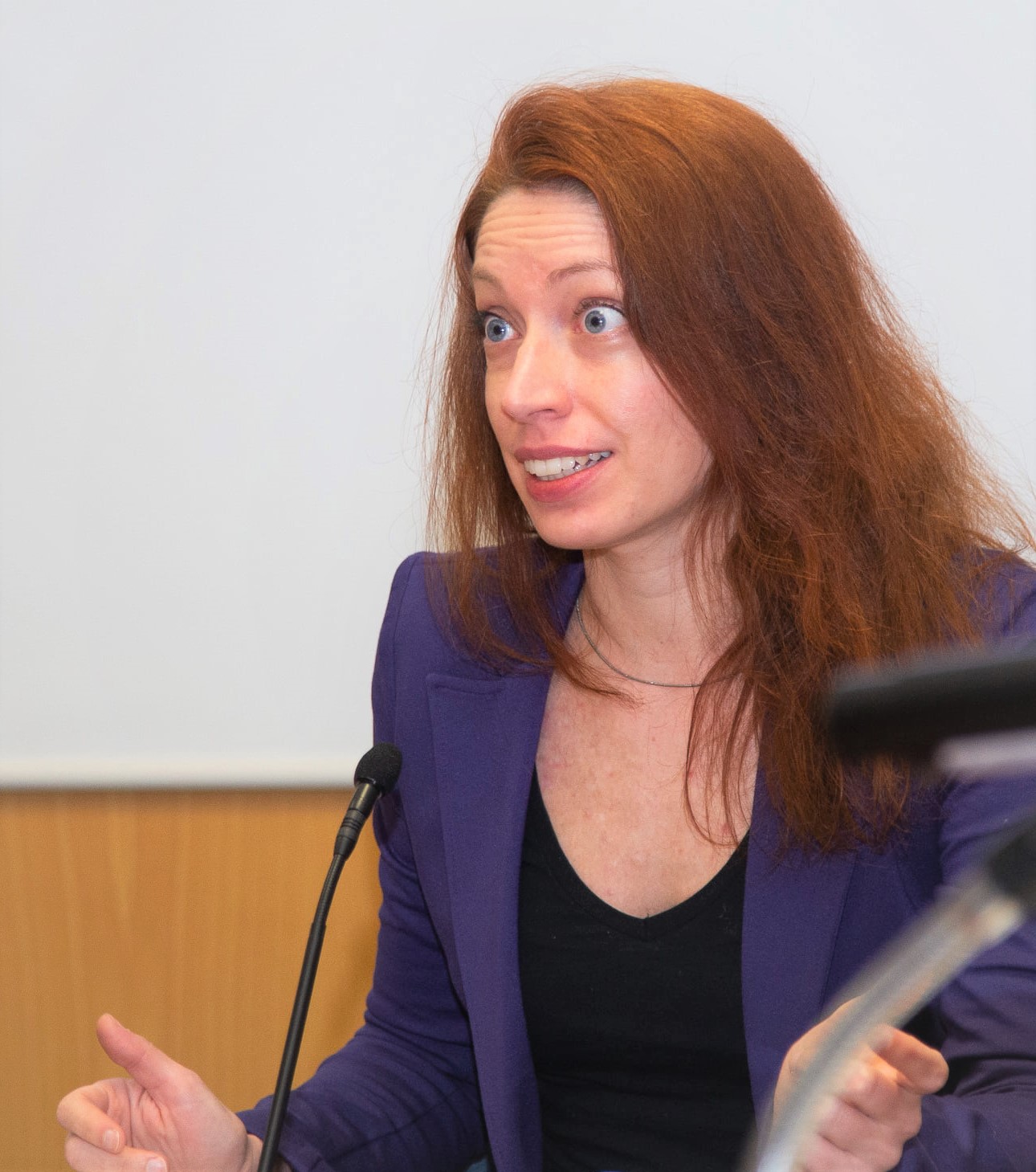
1) What inspired you to become a professional in your field?
“My field is American Studies, with a focus on media and popular culture that I learned from taking Mexican Studies. My field of interest is that of the relation between the US and Mexico, as shown from my paper. I chose this path because by taking Mexican studies and working on the repression in Mexico, I developed an interest for chicanos, Mexican immigrants in the US.”
2) What inspired you to write the paper you presented?
“I’m a doctoral fellow at the University of Alcalá, and I’m working on a thesis that focuses strongly on how Mexicans are shown in American movies. I slightly adapted my research to focus on the sea in Mexico, to be able to present it at this conference. I wanted some feedback on it and wanted to be able to see different point of view in the field of American Studies, because my university is mostly focused on the involvement of Spain and colonialism in South America.”
3) What advice do you have for a student getting ready for further studies in English?
I can limit my advice to just a few words: keep an open eye on how the field evolves in the world and not just in your university, and focus on what really interests you, without feeling the pressure of having to conform to some unwritten academic standards that might pressure you.”
Interview with Hamid Masfour (Sultan Moulay Sliman University, Morocco)
By: Thi Huyen Tran Hunyh and Andreea-Măriuca Tanasă

1) What inspired you to become a professional in your field?
“I am a Moroccan professor of Anglo-American Literature, Cultural Studies, and Critical Studies and I also have a Ph.D. in Canadian Literature. I have chosen this field because of my tendency toward exploring new identities, new cultures, and new thought. With that in mind, I think that the English language is a means, a key through which we can expand our knowledge. Human phenomena like ecopsychology, history, linguistics, and literature, all of these things are windows to open our eyes and define who we are. Thus, I think they represent equal keys to exploring the world; all of them helped open my mind to the dynamics of American life, and culture besides the British culture.”
2) What inspired you to write the paper you presented?
“How can we make a better society? It is through education that we can understand the dynamic that made America. Democratic society is living in the American experience, in terms of ethics, in terms of science, and the history of democratic experiences. When we are talking about American studies or American perceptions, we are talking about the democratic experience. My paper was entitled ‘The Poetics and Politics of the Sea in Afro-American Fiction. The case of Charles Johnson Middle passage’. What inspired me was the paradoxical character of the sea, in that it doesn’t signify one meaning but a multiplicity. If we think about the name of the conference, ‘Appalling Ocean, Verdant Land,’ we find the same paradox there. The sea can be admired by the poet, the painter, and the philosopher, it is a place of meditation but once you get into it, you will find what Ahab has found, the greatness of the sea but also its dangers.”
3) What advice do you have for a student getting ready for further studies in English?
“The first piece of advice is to love what you are doing. Don’t think you are going to be excellent simply by meeting the requirements for the job market or academic achievement, because everything starts with having a passion for your activity. Once you have this love and passion, you are going to feel at ease. The second thing is to know what the subject is about. Does it coincide with your tendencies, capacities, mental abilities, and intellectual faculties? So, a field should be known. These are two things one should know before embarking on the journey of engaging in such studies. The third is patience. Don’t look for shortcuts, try to enjoy the full-length version, Another piece of advice is to be inquisitive, and strategic. Unfortunately, we cannot read everything, it’s impossible, especially because of digitalization. Thus, one must learn to be selective, that’s the key. Managing your time well, having the ambition to study, and learning how to work to make the work keep moving are good tips to get over problems. Also, it is good to find a person to supervise you, you should ask the advice of other teachers and colleagues that you know are qualified.”
Interview with Jeff Slomba (Southern Connecticut State University)
By: Giuseppe Pagliarini
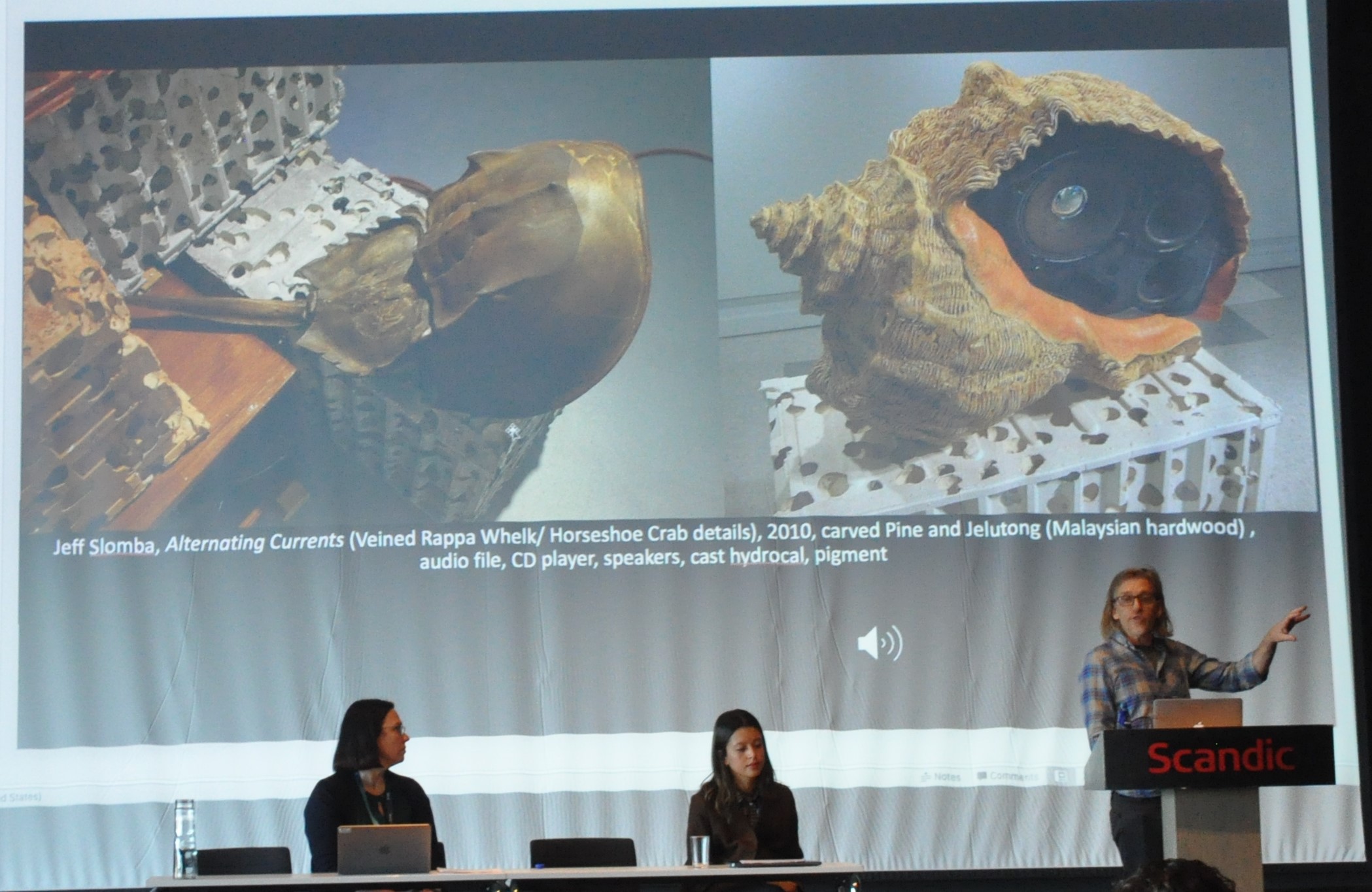
1) What inspired you to become a professional in your field?
“It all started as a kid, playing with Legos and drawing, and then escalated into interest for more materialistic art. I intentionally chose to work with 3D material because it gave a much more realistic aspect to art opposing to 2D, which to me felt more like an illusion of reality.”
2) What inspired you to write the paper you presented?
“Mainly because I wanted to explore new themes and ideas. Push myself over the limits and move out of the comfort zone. It was important to me to discover new places.”
3) What advice do you have for a student getting ready for further studies in English?
“I would suggest finding and building your own passion, getting to know yourself but most importantly getting to know in detail the history and the techniques of what you’re doing, that I would say is the key.”
Interview with Georgia Soares (Harvard University, USA)
By: Andjela Dmitrijevic
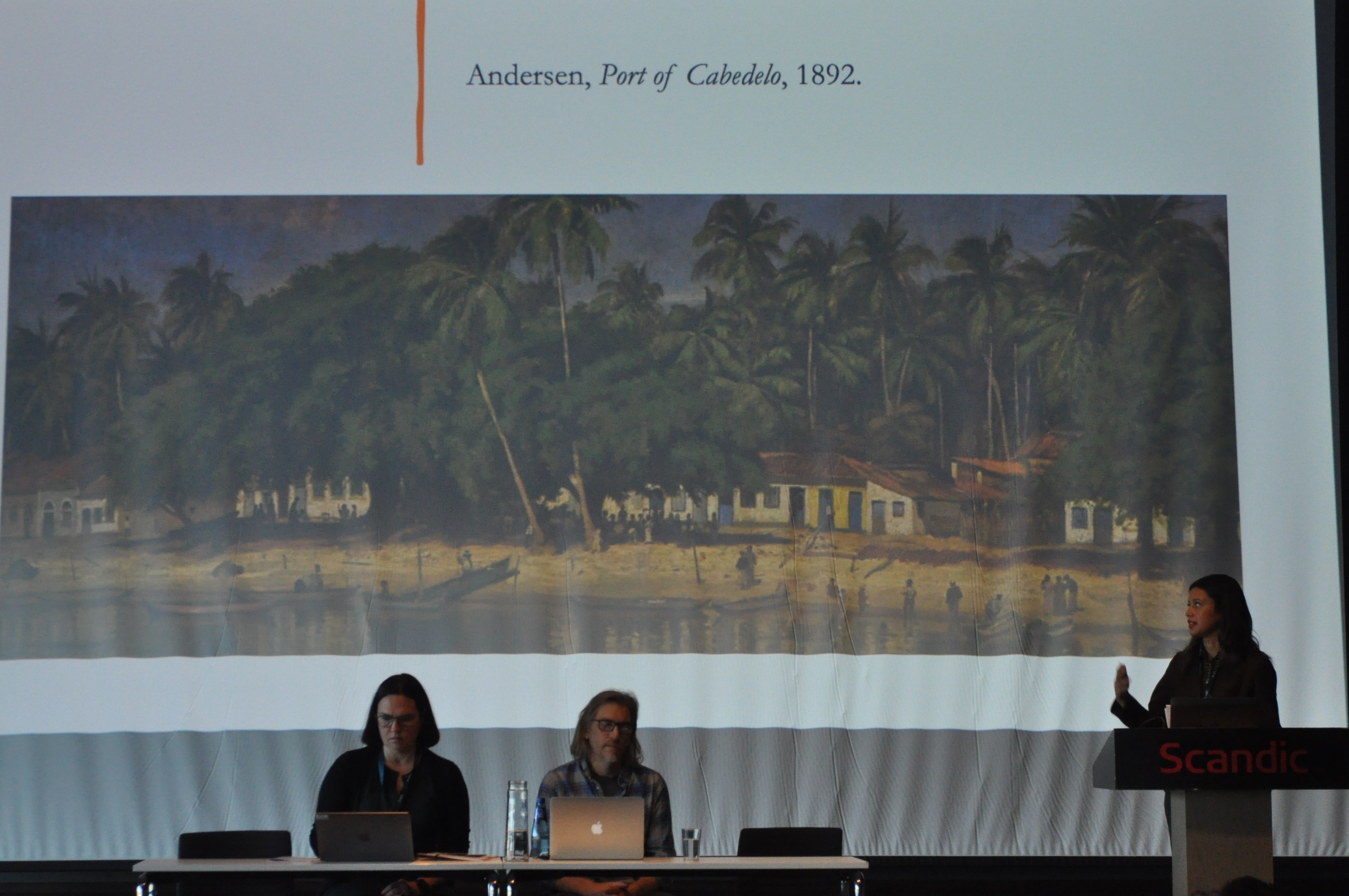
1) What inspired you to become a professional in your field?
“What inspired me was an interest in expanding what type of knowledge is out there. Often times when engaging with academic work, I often thought ‘What about these other interests of mine that haven’t really been represented in the literature.’ And I think it’s an exciting time in academia that it’s become increasingly open to that kind of practice, and in particular as a comparatist, as someone who doesn’t want to focus on one niche topic and to rather embrace this idea that in order to speak more or less intelligently about anything, I need to be able to compare. To go outside of that one niche category and actually connect it to others but in order to do that, I have to learn about other cultures and languages so that I can see the world through the perspective of someone else.”
2) What inspired you to write the paper you presented?
“I am very interested in movement and in Transatlantic studies, and in the US you usually think of Transatlantic studies as being between big West and Europe. Because the US has become a monolithic geographical space where we locate power and culture, but that’s not everything. It doesn’t encompass every Transatlantic encounter, on the contrary, it’s very limited. To be fair, before the pandemic, I actually thought I would expand to the African coast. I was really interested in promoting a better understanding of the world of Africa and Transatlantic studies, but with the pandemic that was very hard, because I had never learned a non-European African language, and had never been to Africa before, so that was no longer a possibility. So I turned to two countries that I know, Brazil and Norway. I studied them separately, but never tried to draw any parallels between them, so I just intensely looked for connections. So finally I found this very important Brazilian painter who is represented as a Brazilian figure and that’s why there really isn’t any work out there about his Norwegian origins, but I was interested in tapping into the history and understanding that historical impact on identity formation in the South of Brazil. That’s how I came to this topic.”
3) What advice do you have for a student getting ready for further studies in English?
“Recognize that you will be afraid and do it nonetheless. Don’t let fear get in the way. It’s a barrier that once you surpass it, you’re able to look back and say ‘Oh yeah! I was afraid, but actually that didn’t mean A, B and C’. In my experience, it’s been a case where I was often afraid of doing something that I don’t know anything about and others don’t know anything about. But I think that we all have those fears, but some people feel that it’s okay to have those fears and to just surpass them, while others feel that they cannot be overcome. So I would encourage you to recognize the fear, it’s very real, when it’s there, but do it nonetheless.”
Interview with David Valente (Nord University)
By: Quynh Yen Nhi Pham, Victoria Ann Bolgnes Wærnes, and Ulrika Grinberga
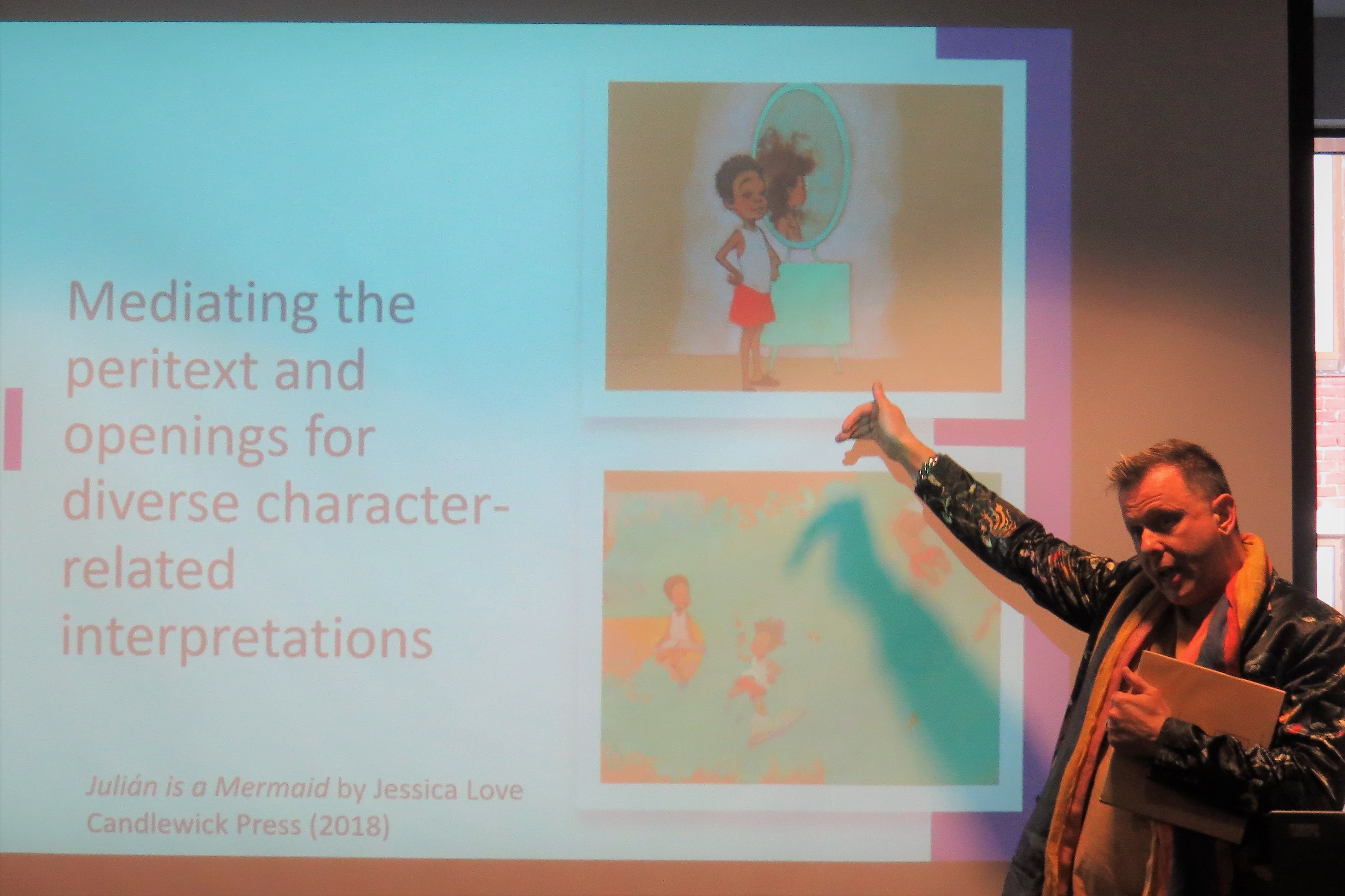
1) What inspired you to become a professional in your field?
“I always wanted to teach, and I always wanted to experience the world. Teaching English has enabled me to travel and develop my career by working in many contexts around the globe. Before moving into academia, I taught English and trained teachers of English to children and teenagers for a number of years. Also, while coordinating English language learning programmes for children and teenagers, I crafted courses based around children’s literature such as picturebooks and graphic novels. With this professional experience, embarking on a PhD and becoming a researcher in the field of children’s literature within English teacher education draws on my practical background and extends and furthers it to newer, deeper levels.”
2) What inspired you to write the paper you presented?
“Because in the world of English language and literature teacher education, there has been a serious lack of focus on gender diversity and sexuality. For example, research shows how published English learning and teaching materials such as school textbooks routinely avoid so-called challenging topics, and perhaps this is because for some teachers, headteachers and parents, gender diversity and other areas of diversity and interculturality are perhaps difficult to incorporate into English lessons. My paper explores ways of focusing on gender diversity in the English classroom through the picturebook format with grades 1 - 7. It links to scholarship on English literature and subject pedagogy, where there is more and more research into using literary texts for exploring gender diversity at university and even at high school, but much less with grades 1-7, especially classes of children learning English. Some might argue that focusing on topics such as gender diversity is too difficult for children learning English, and I wanted to respond to this concretely. This by shining light on gender diversity in pedagogical ways, by connecting to children’s ages, interests, and experiences of the world. Well-selected stories are a compelling vehicle when making connections, as are evocative images, and that is why the picturebook - which combines the visual and the verbal and the spaces in between - is such a powerful literary format for making connections inside and outside the classroom.”
3) What advice do you have for a student getting ready for further studies in English?
“Be very open to exploring different kinds of literature in English. For example, a format I recently discovered is the verse novel, which has much potential for English language and literature pedagogy and teacher education. Verse novels work well with learners of English as another language, especially teenagers, and when they are used skilfully, they are accessible ways to introduce challenging topics. Well-selected titles can also represent deeply challenging lived experiences, such as refugee stories, for example. Therefore, being open to new literary formats and their pedagogical potential is some advice for any of you aiming to study English teacher education. Regarding the English language, I would advise investigating how English is actually used around the world. For example, English in Norway is widespread and has an interesting position. This is because it does not really fit the label of a ‘foreign’ or a ‘second’ language. With this in mind, you could research English as it is encountered on a daily basis in Norway and discover what might make it so unique. You could also consider the role of literature for teaching English in Norway - that could be a fascinating Masters research project.”
All photography by BAENG students Ulrika Grinberga, Daphne Hanssen, Thi Huyen Tran Hunyh, and Andreea-Măriuca Tanasă.

